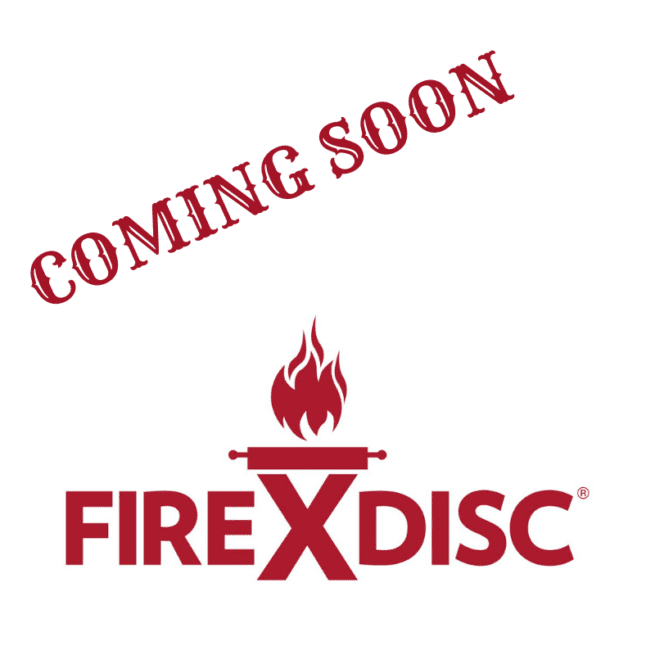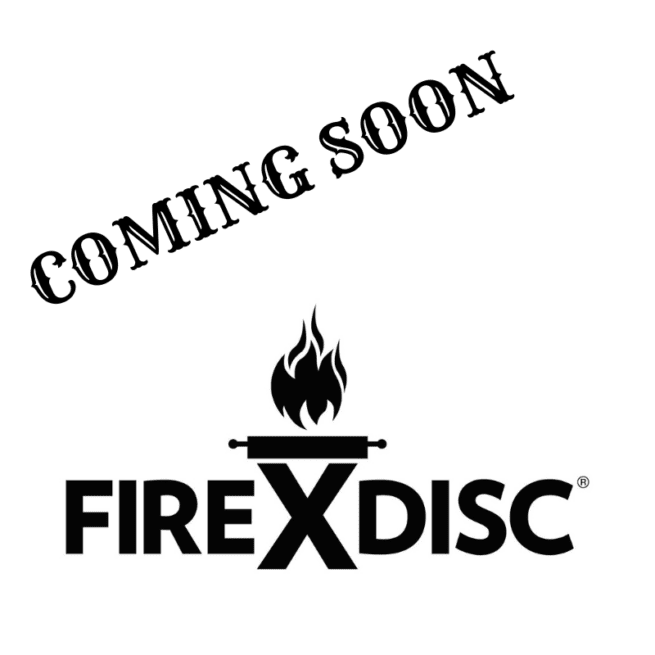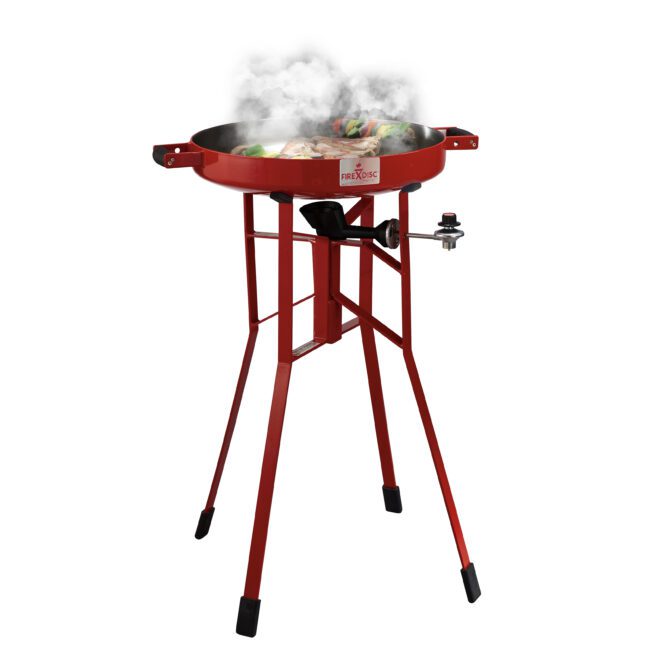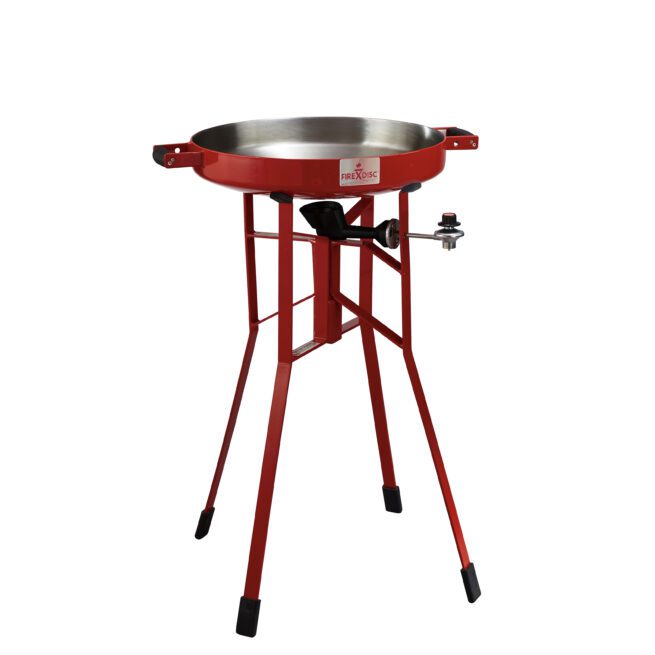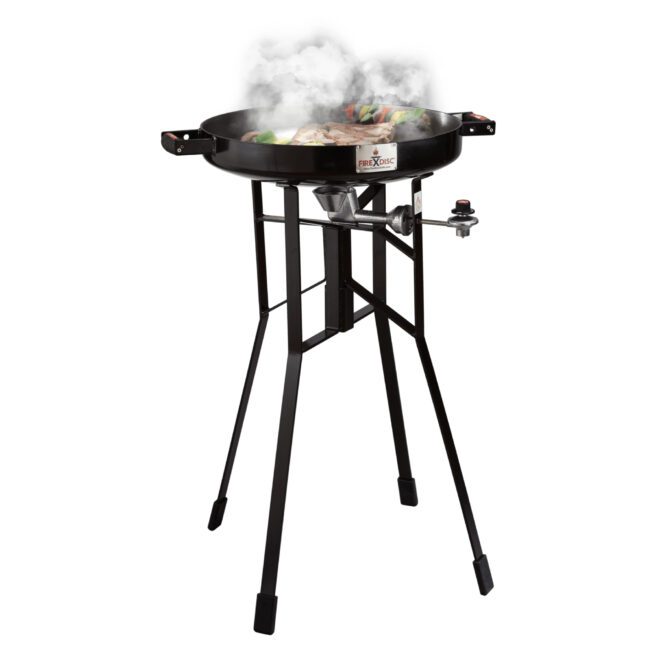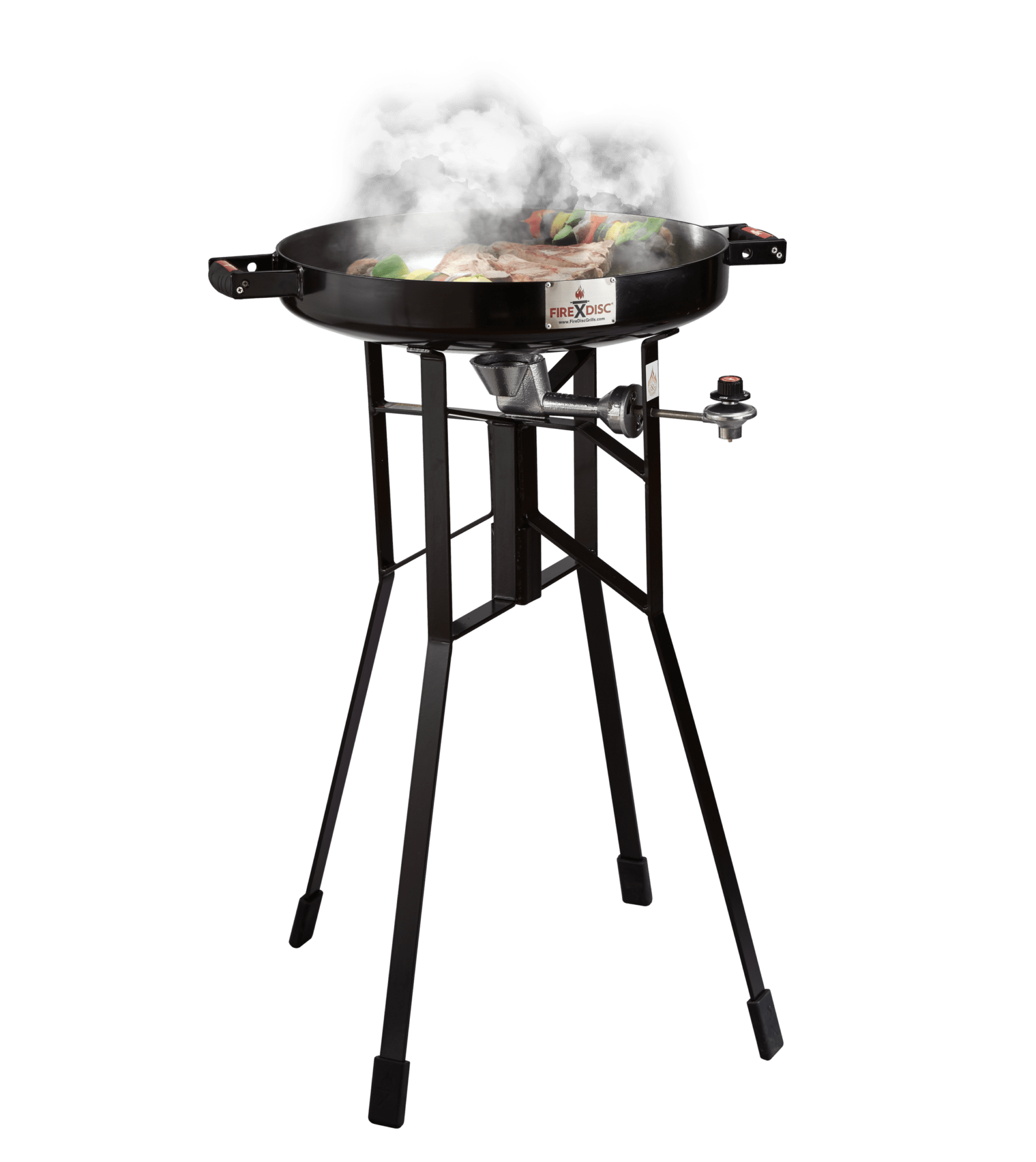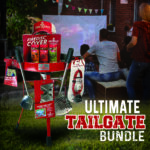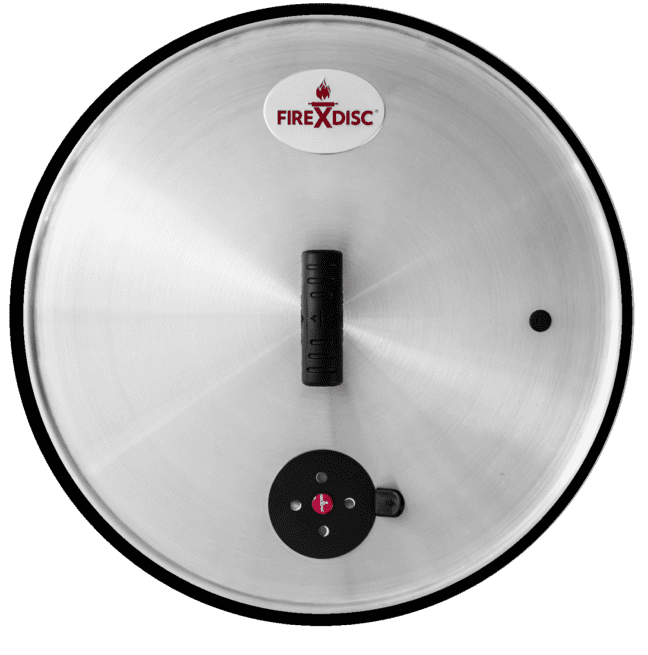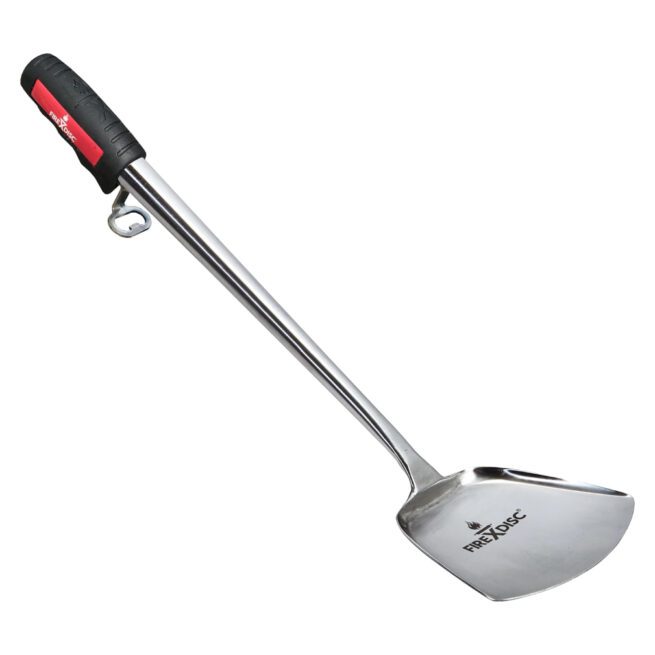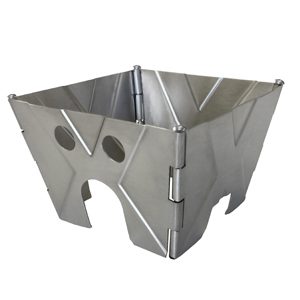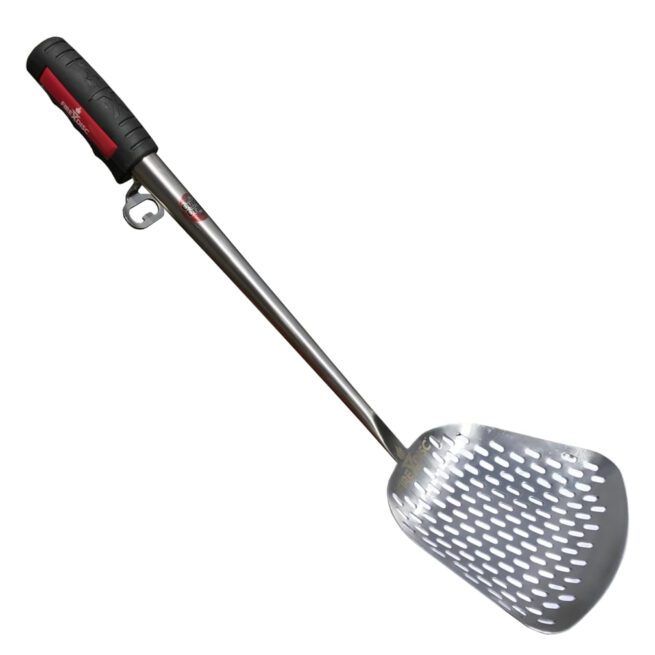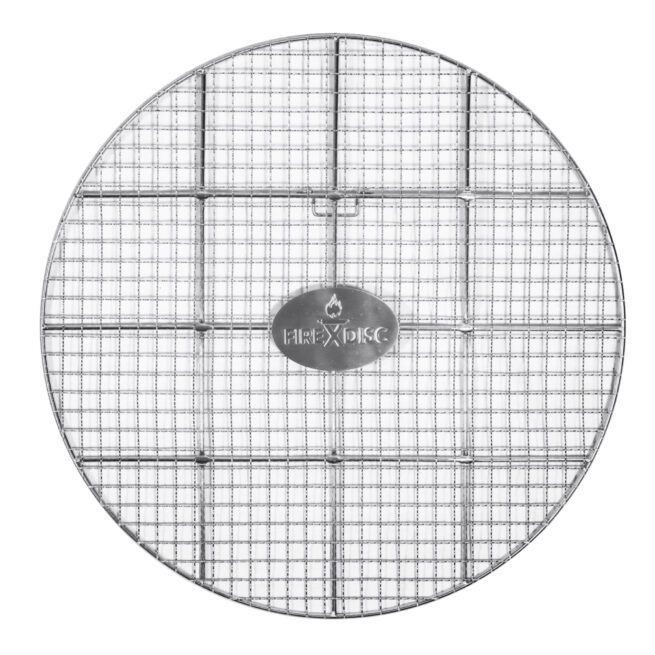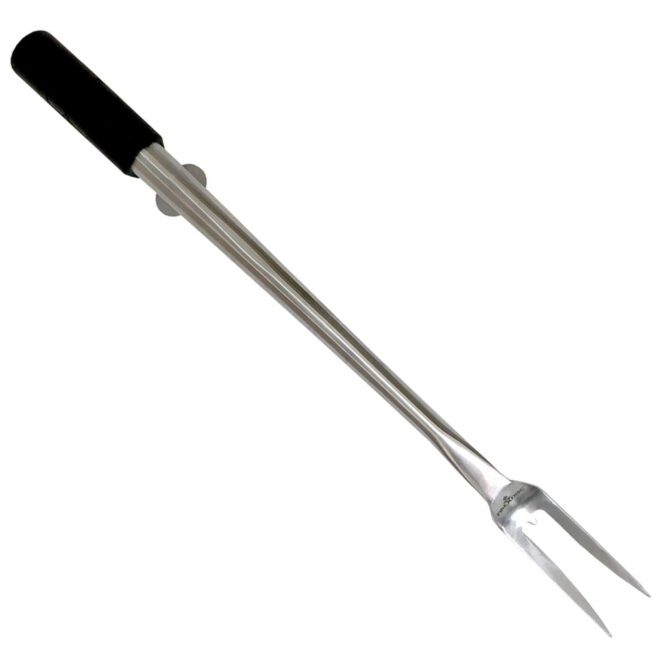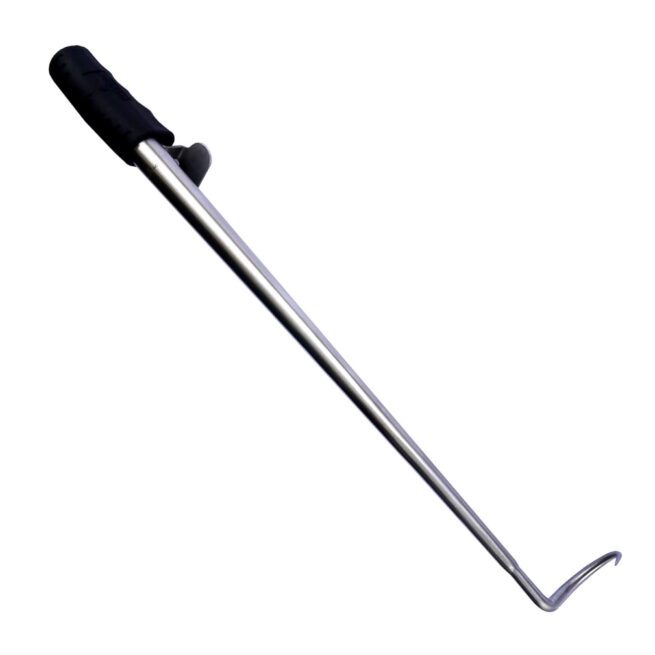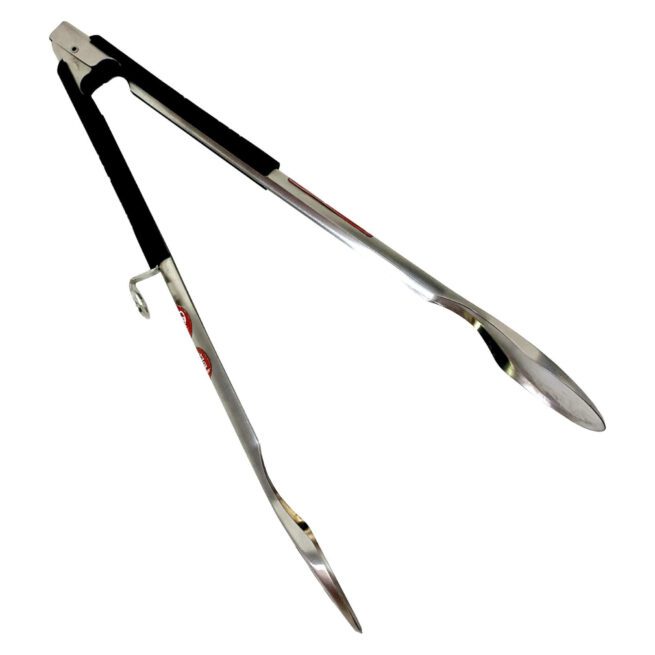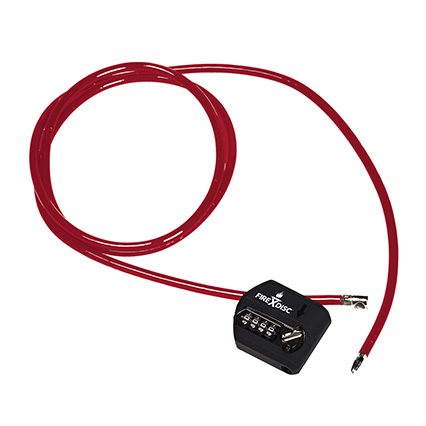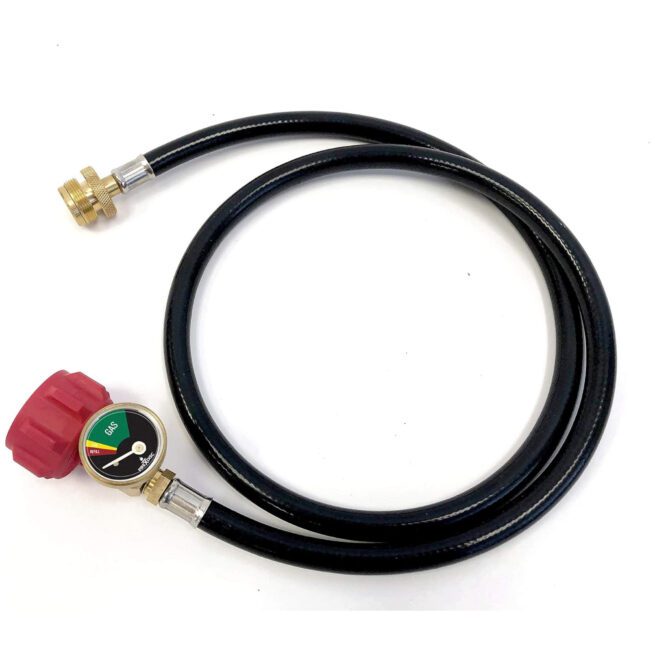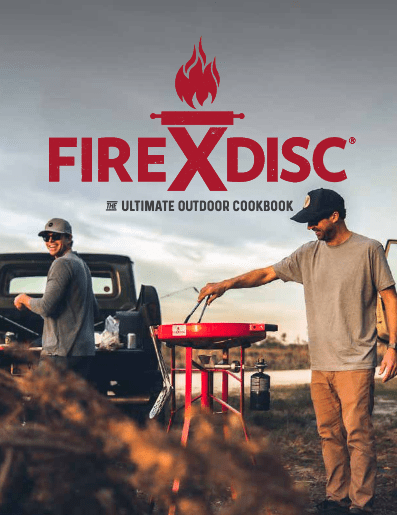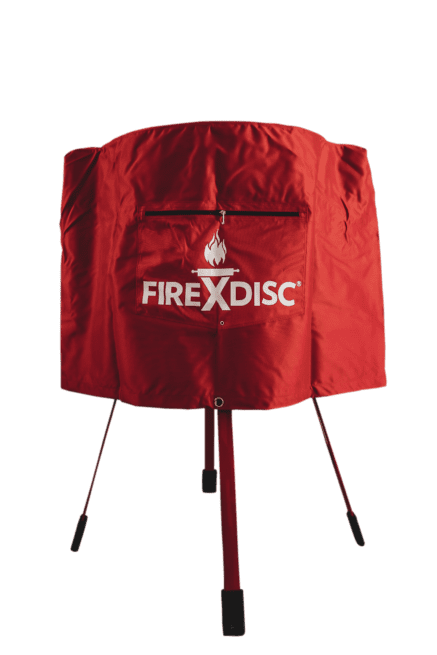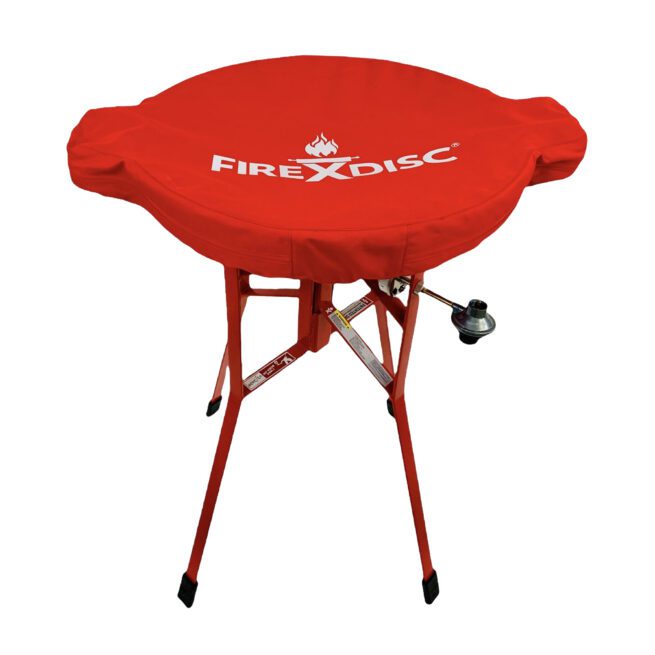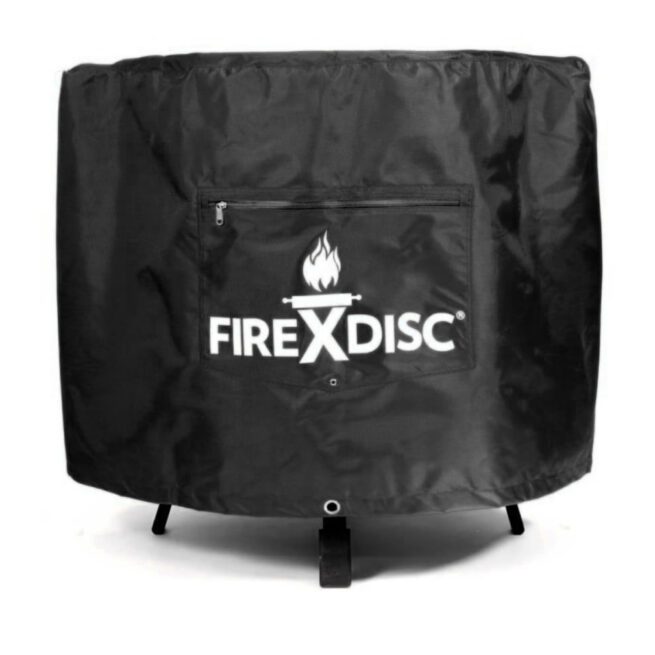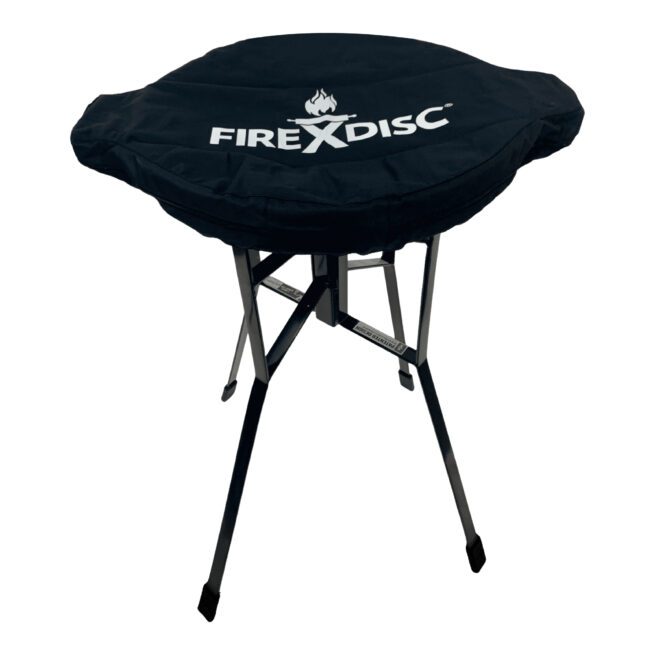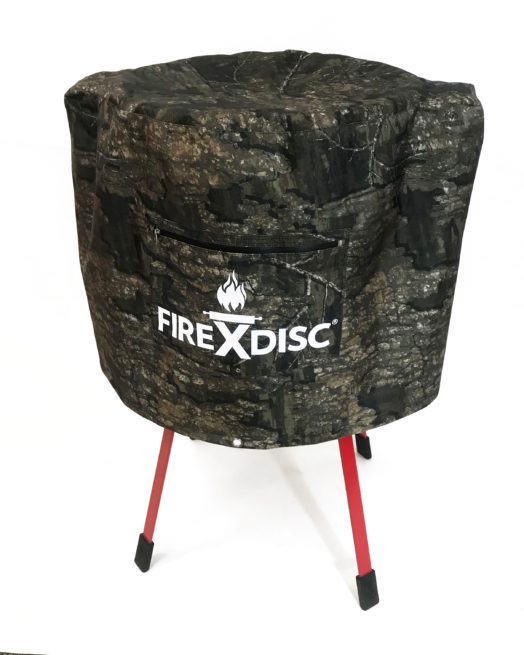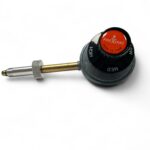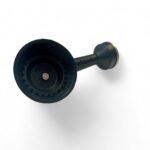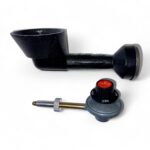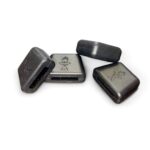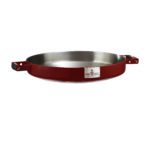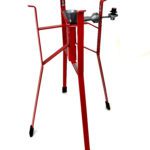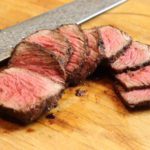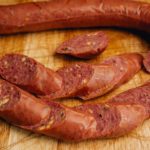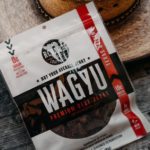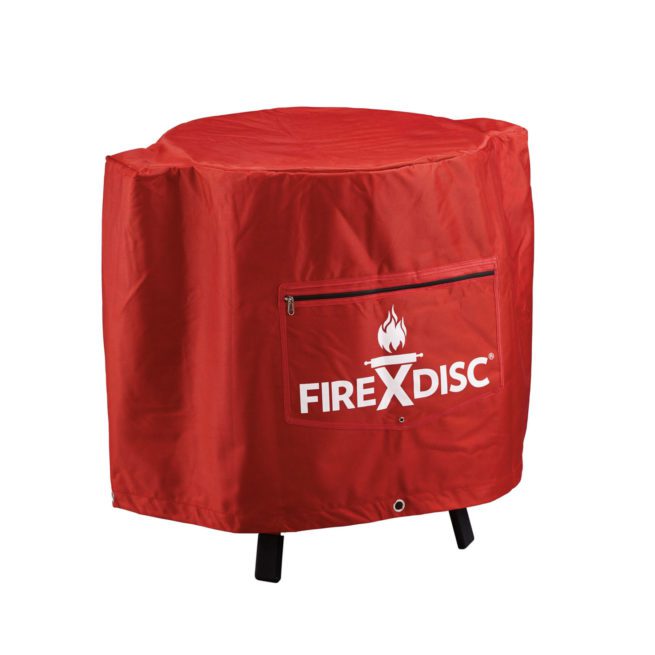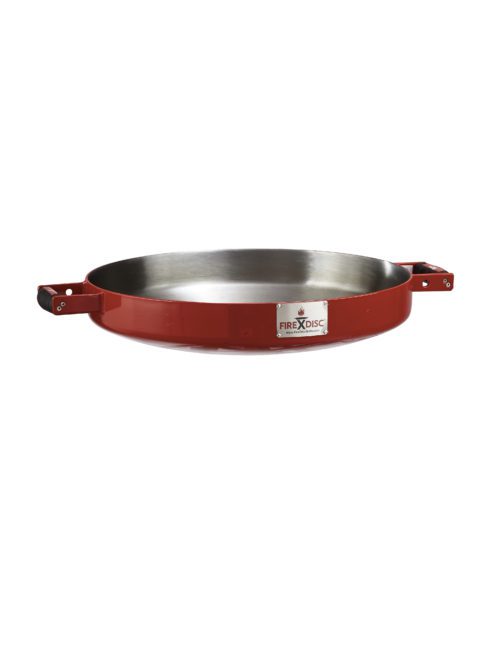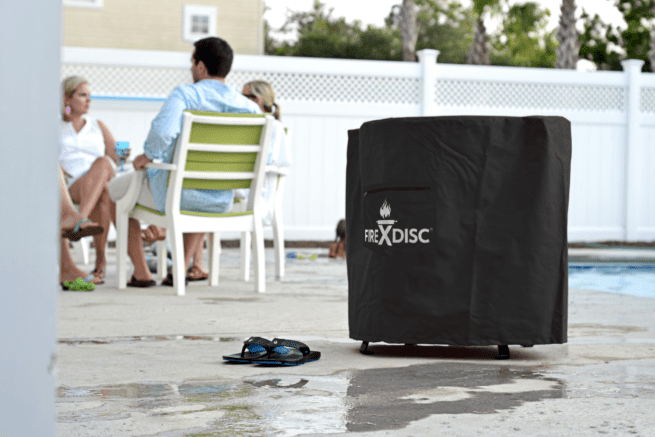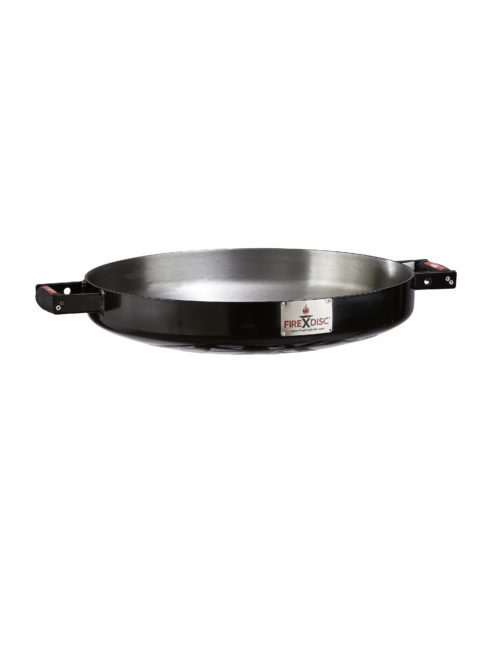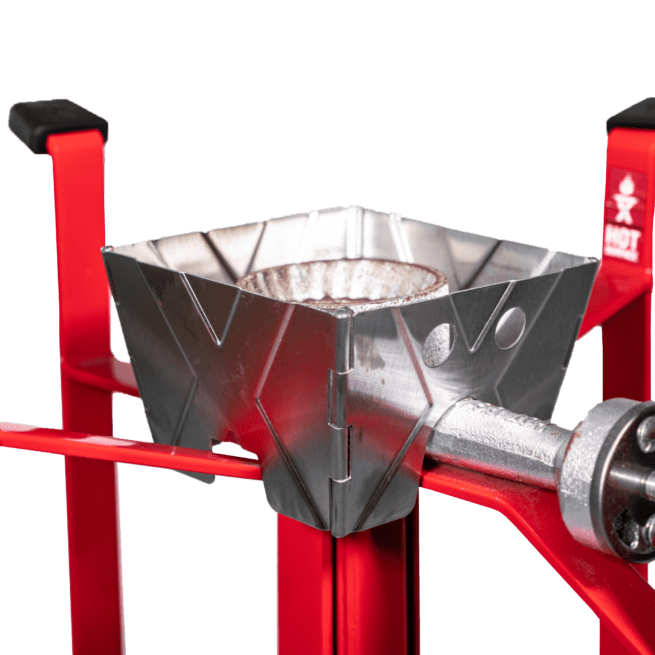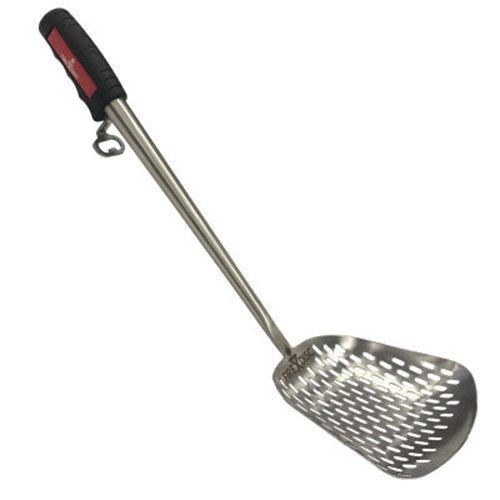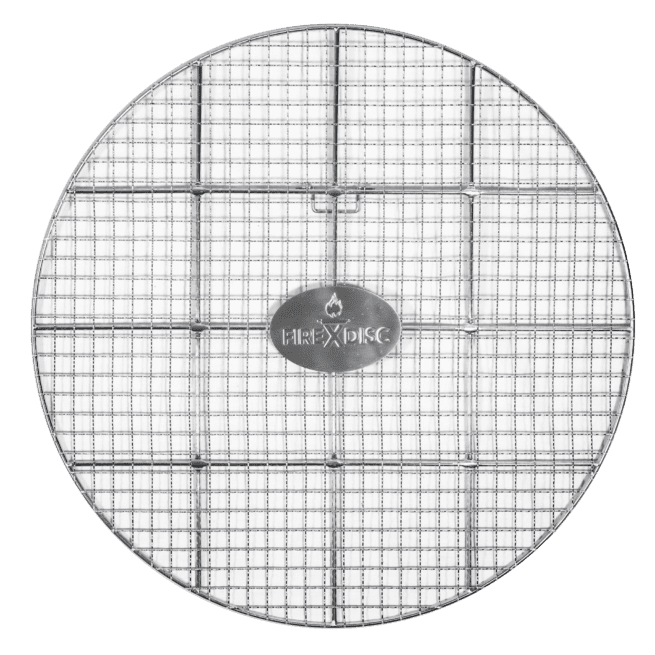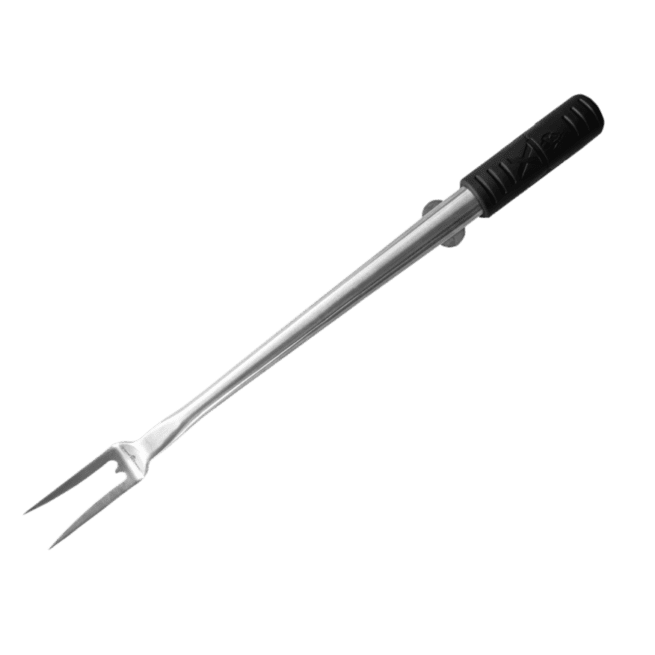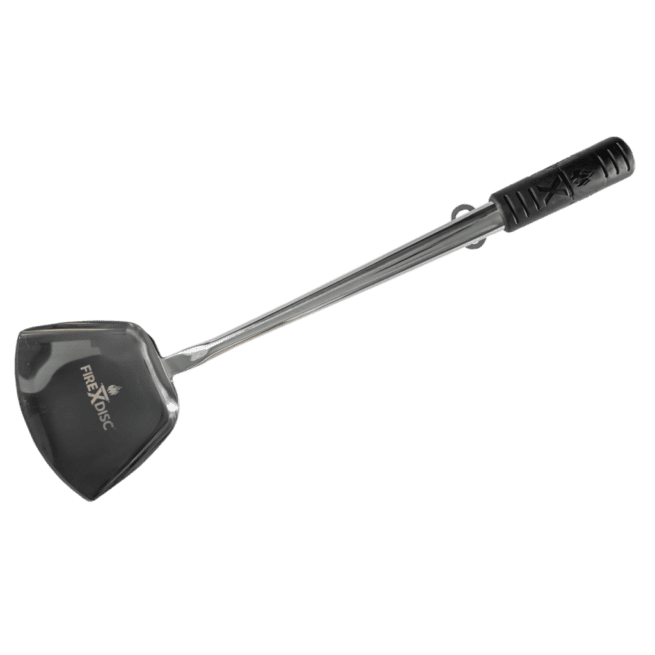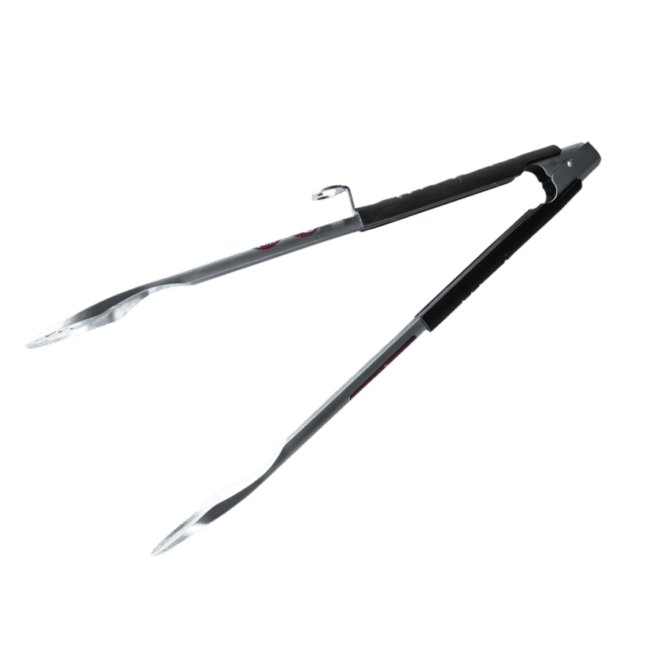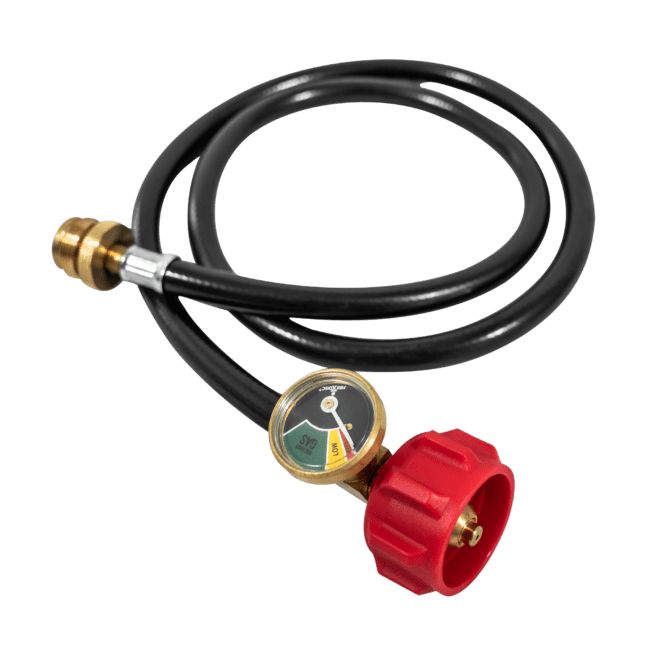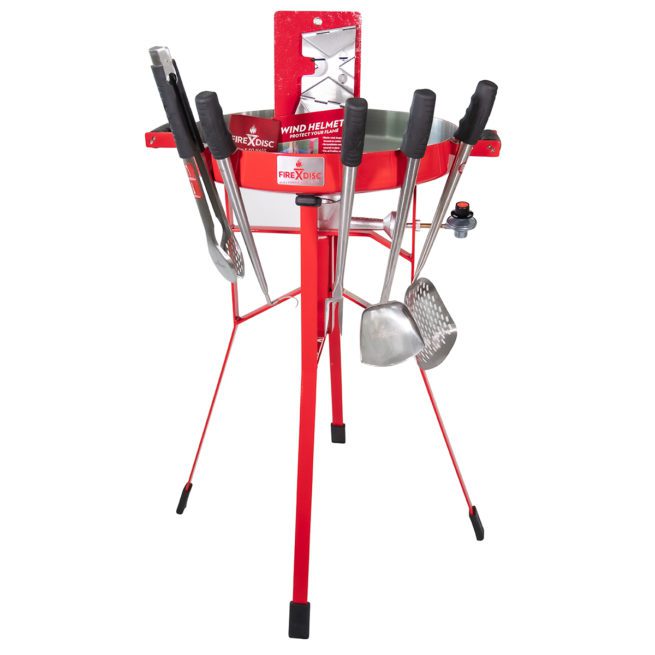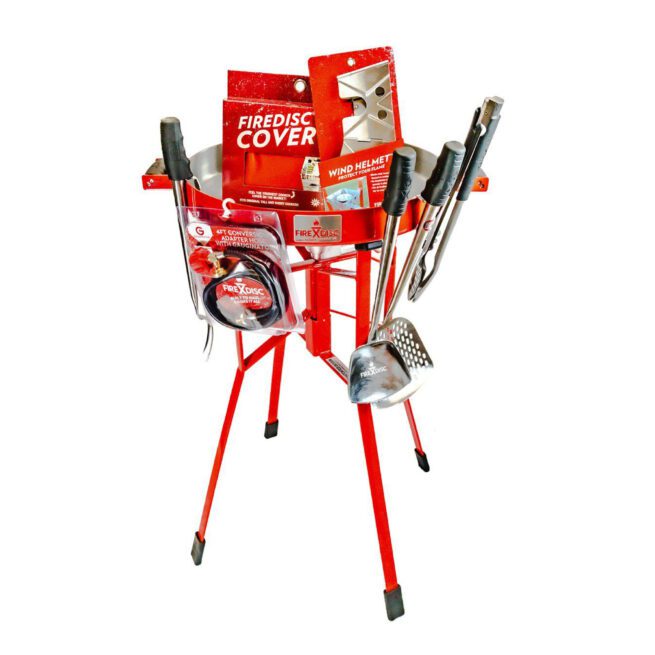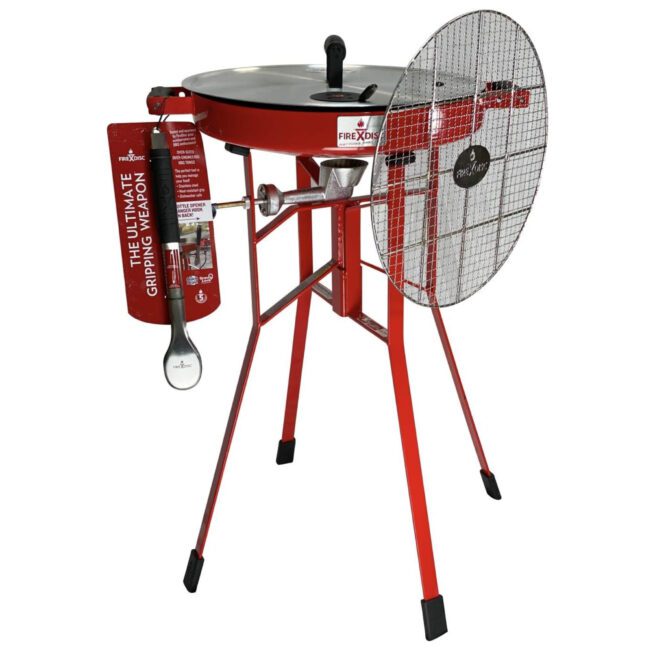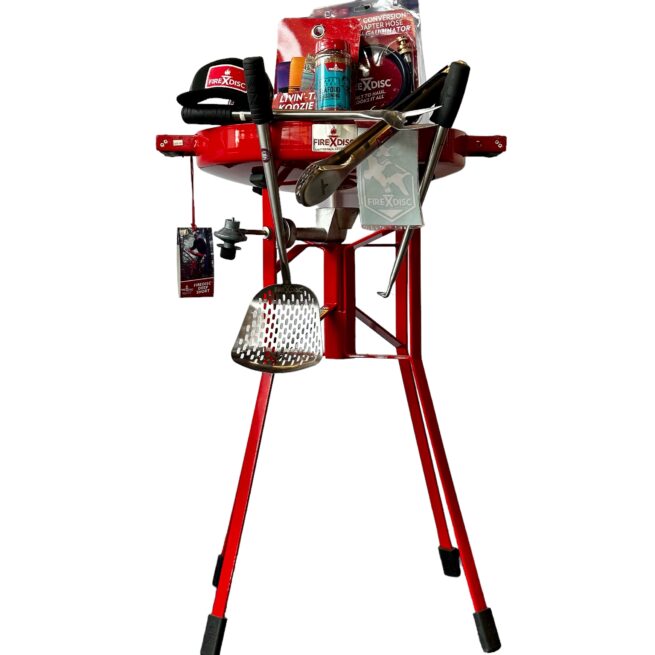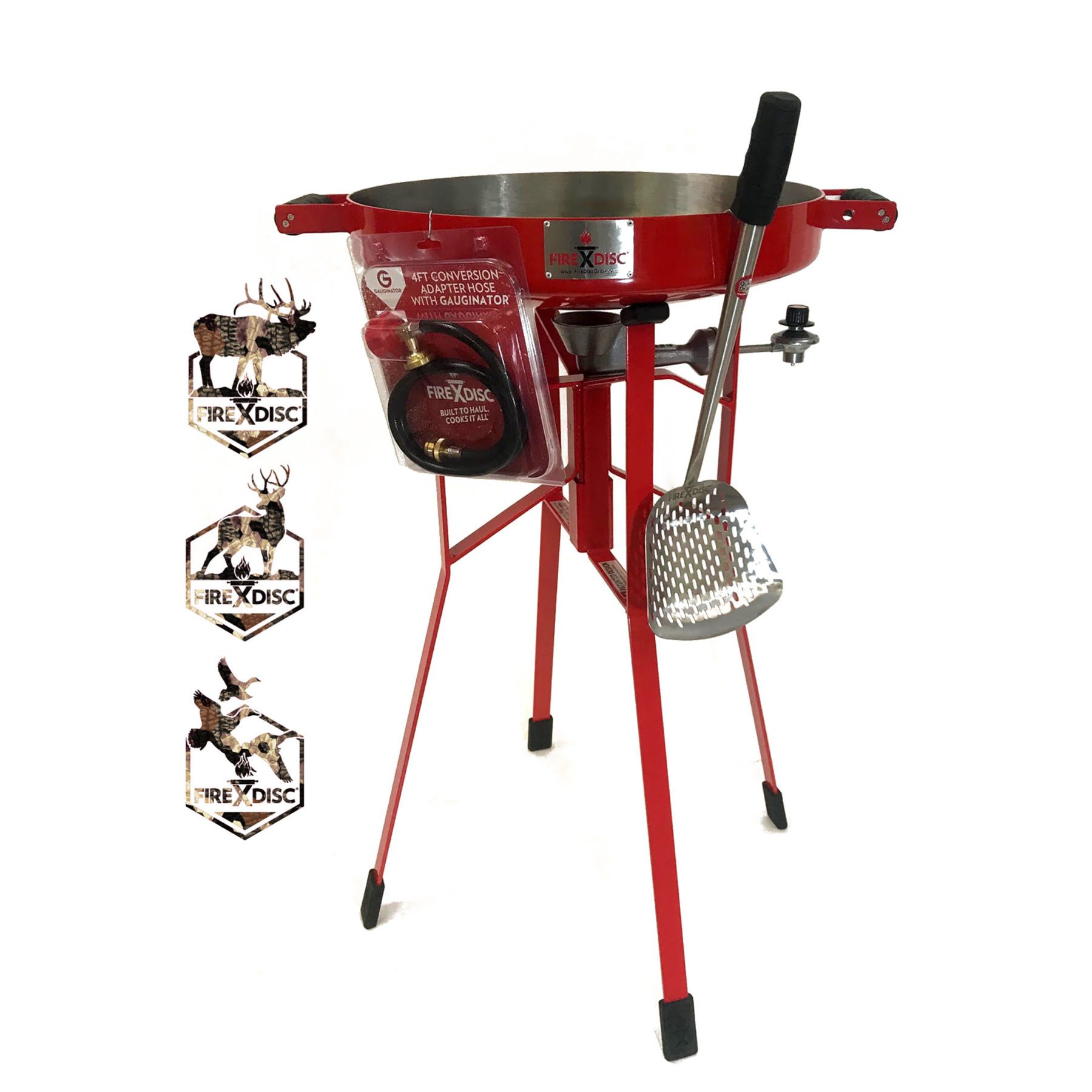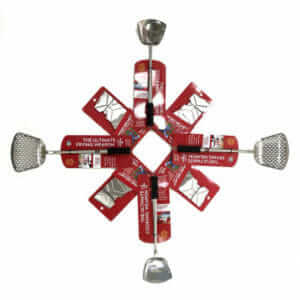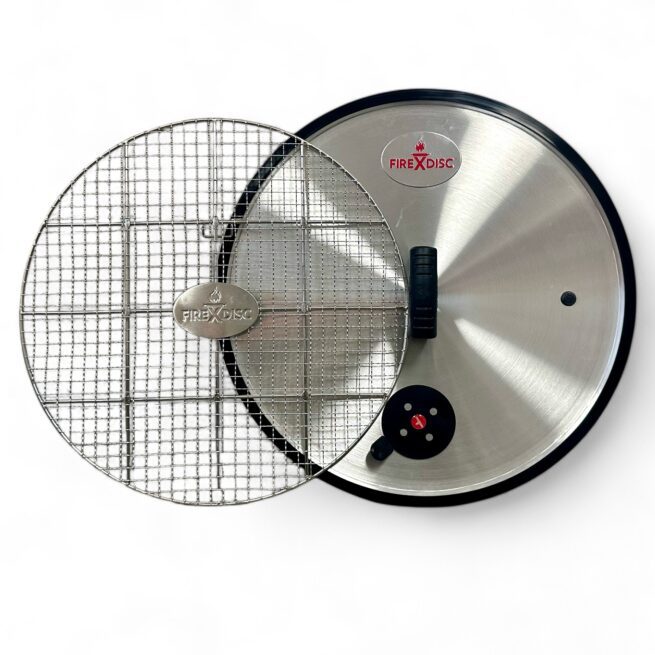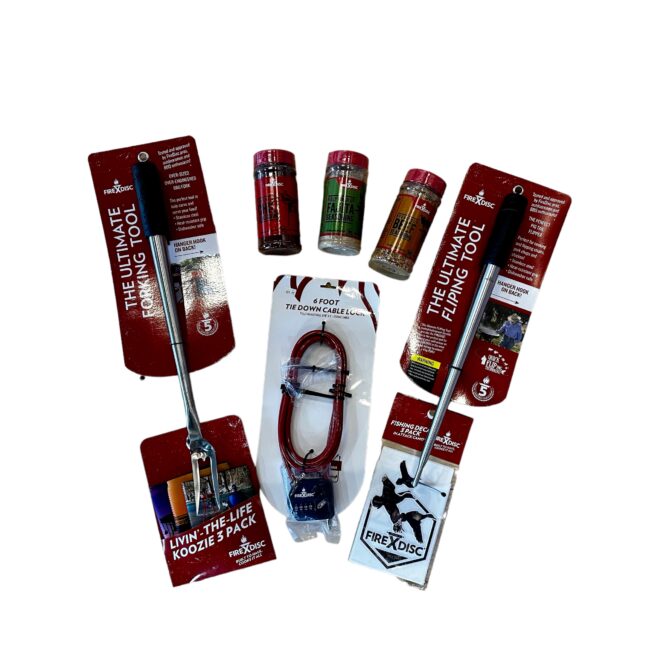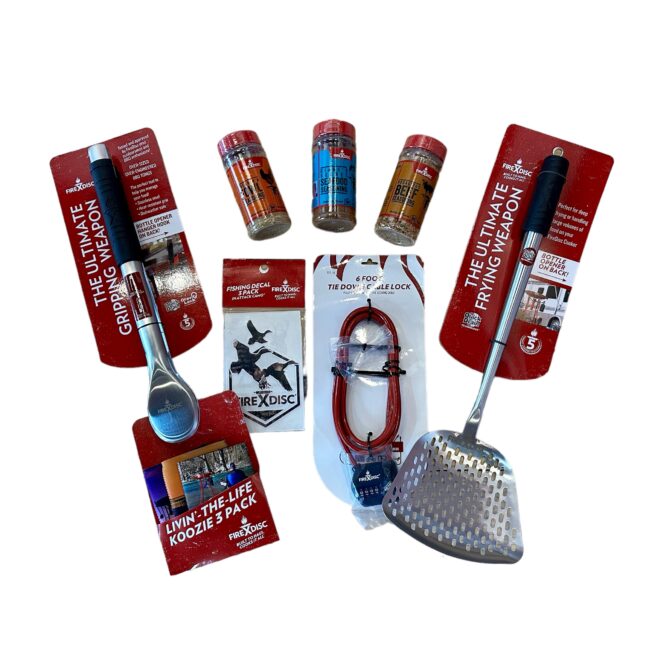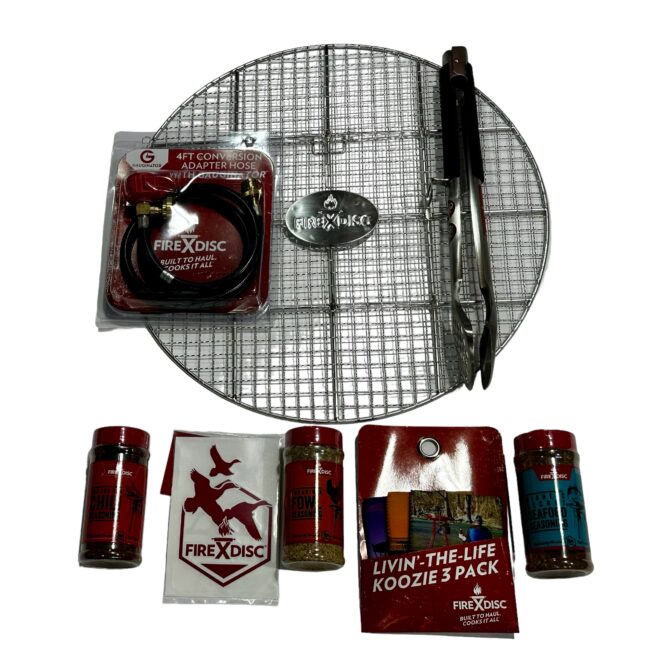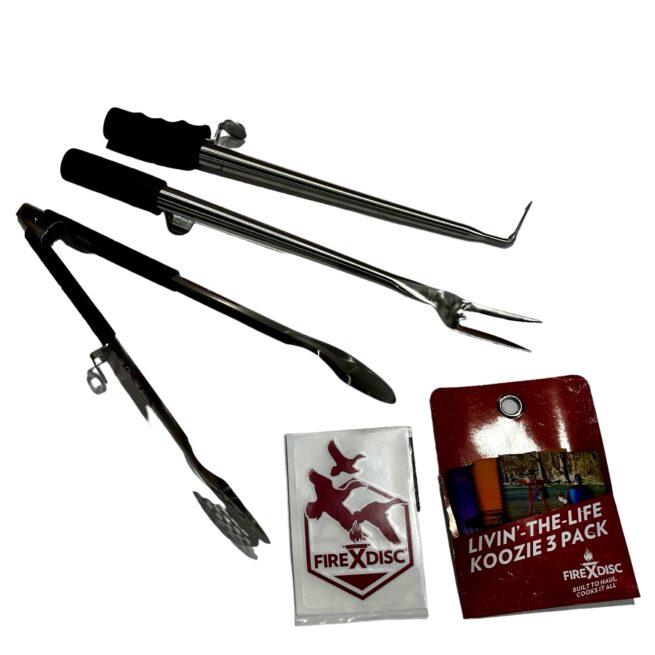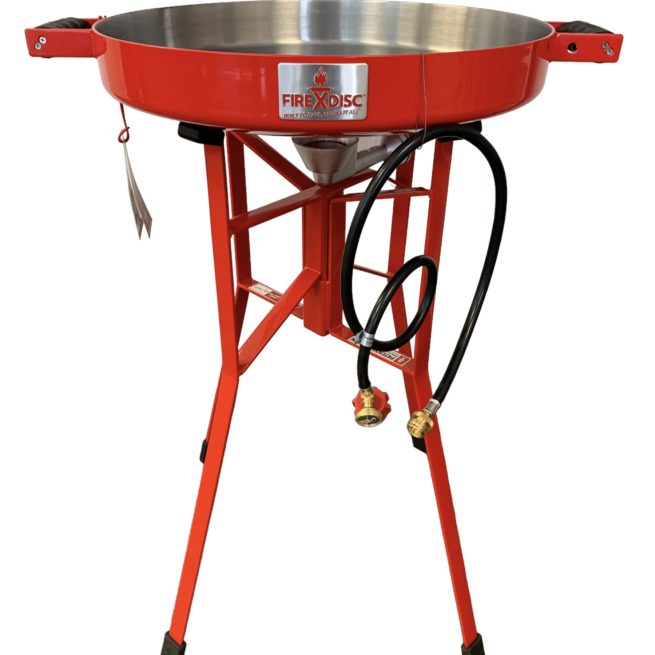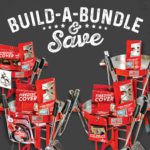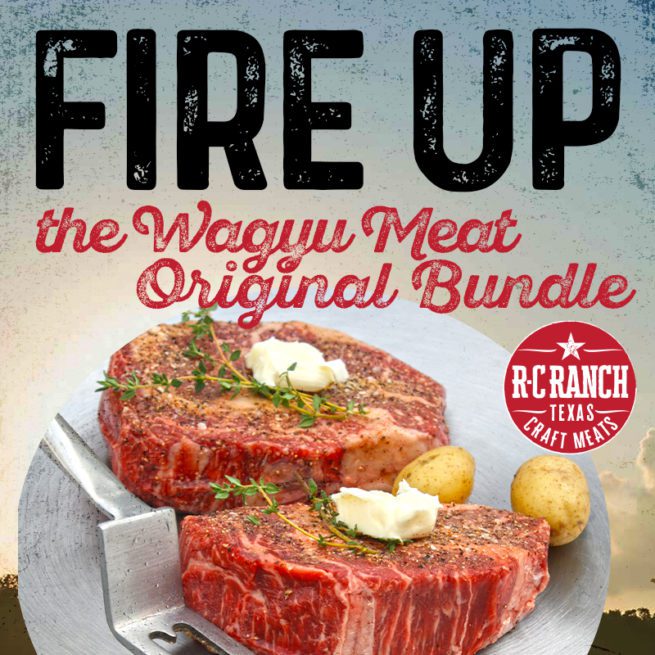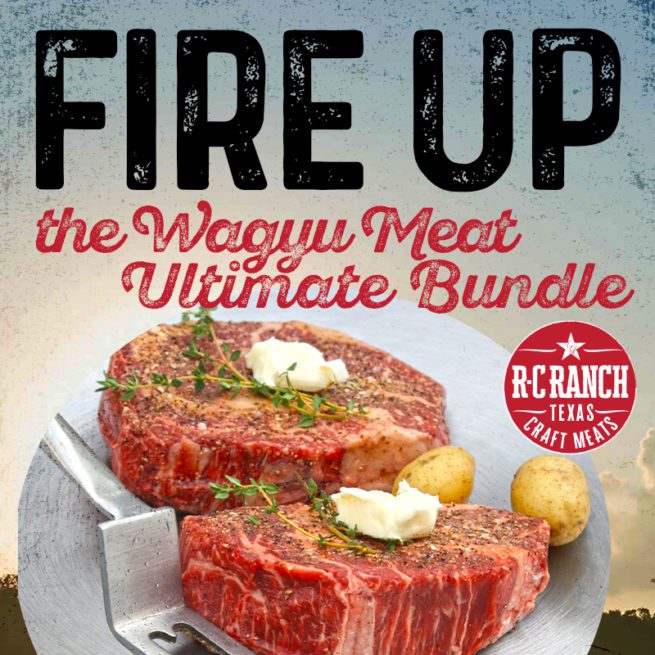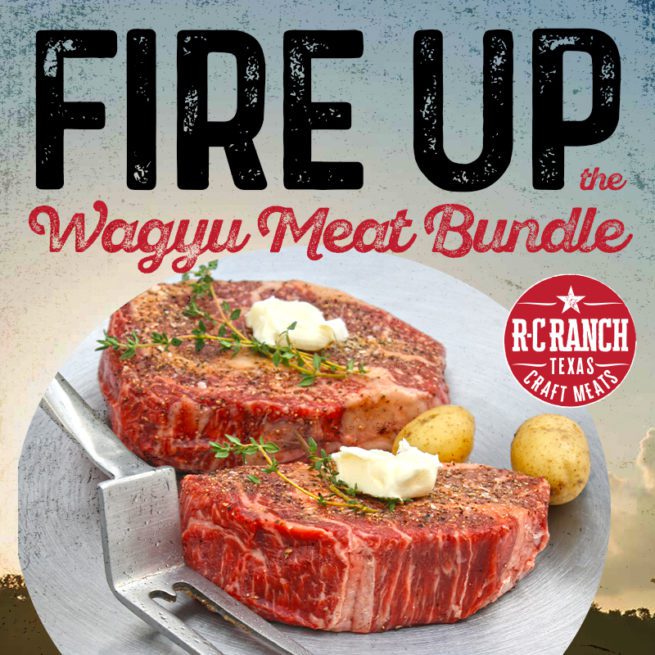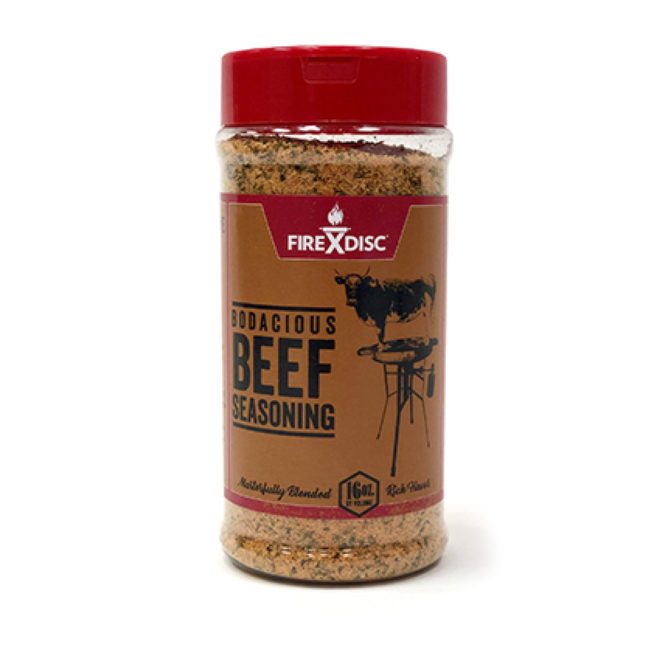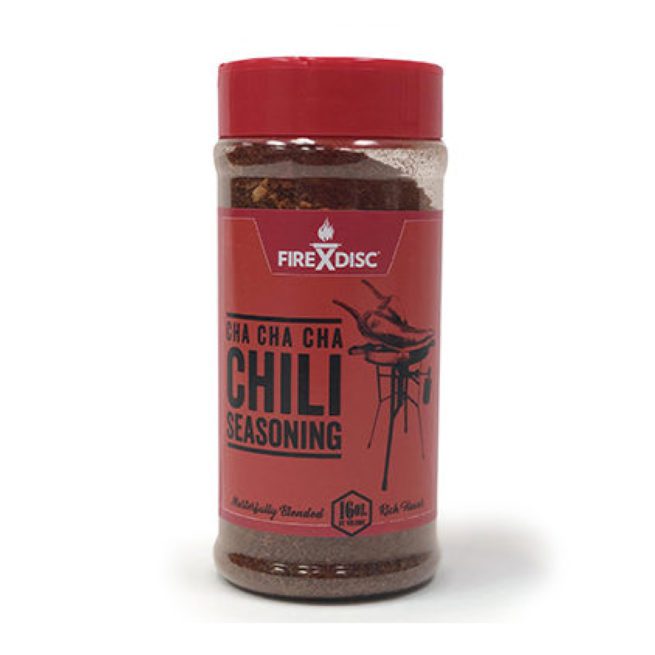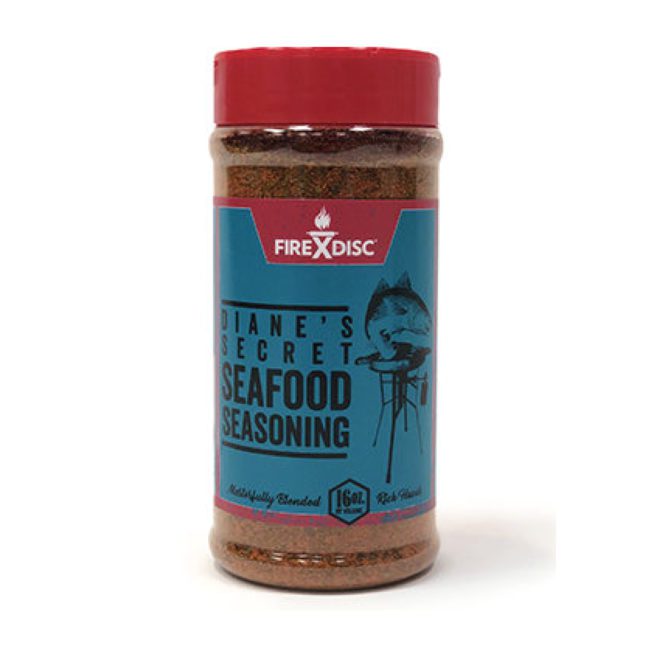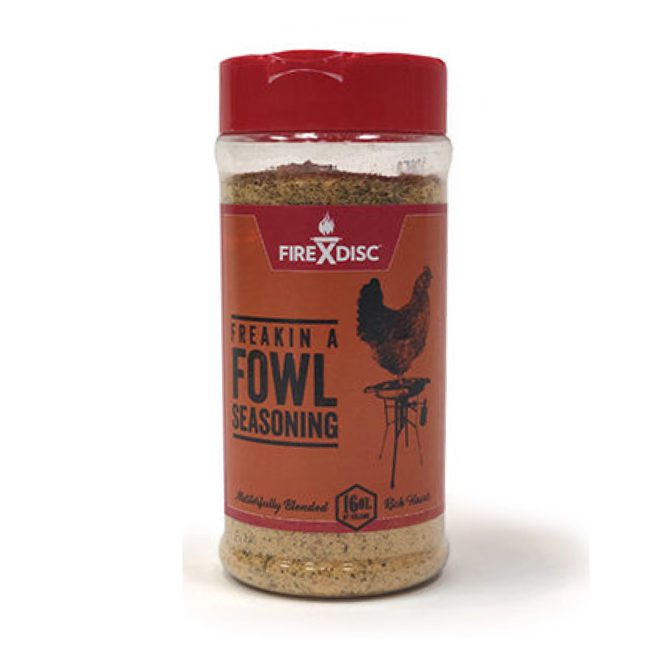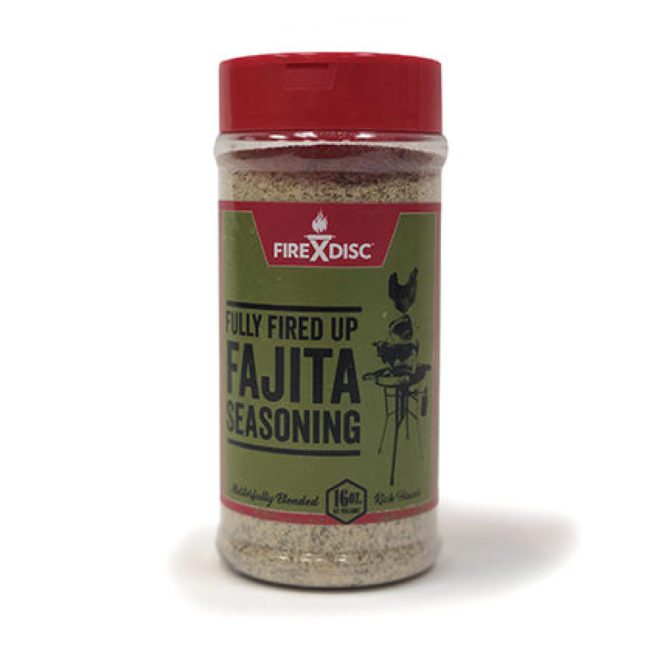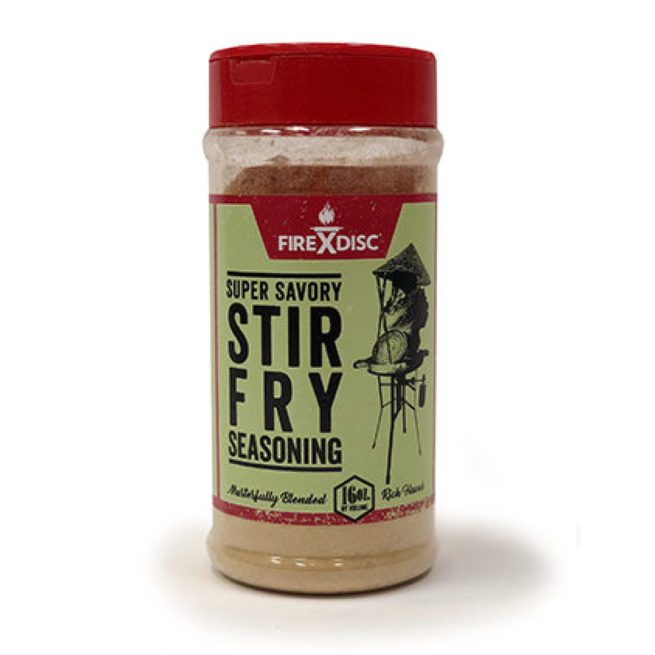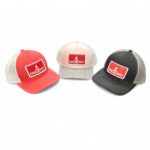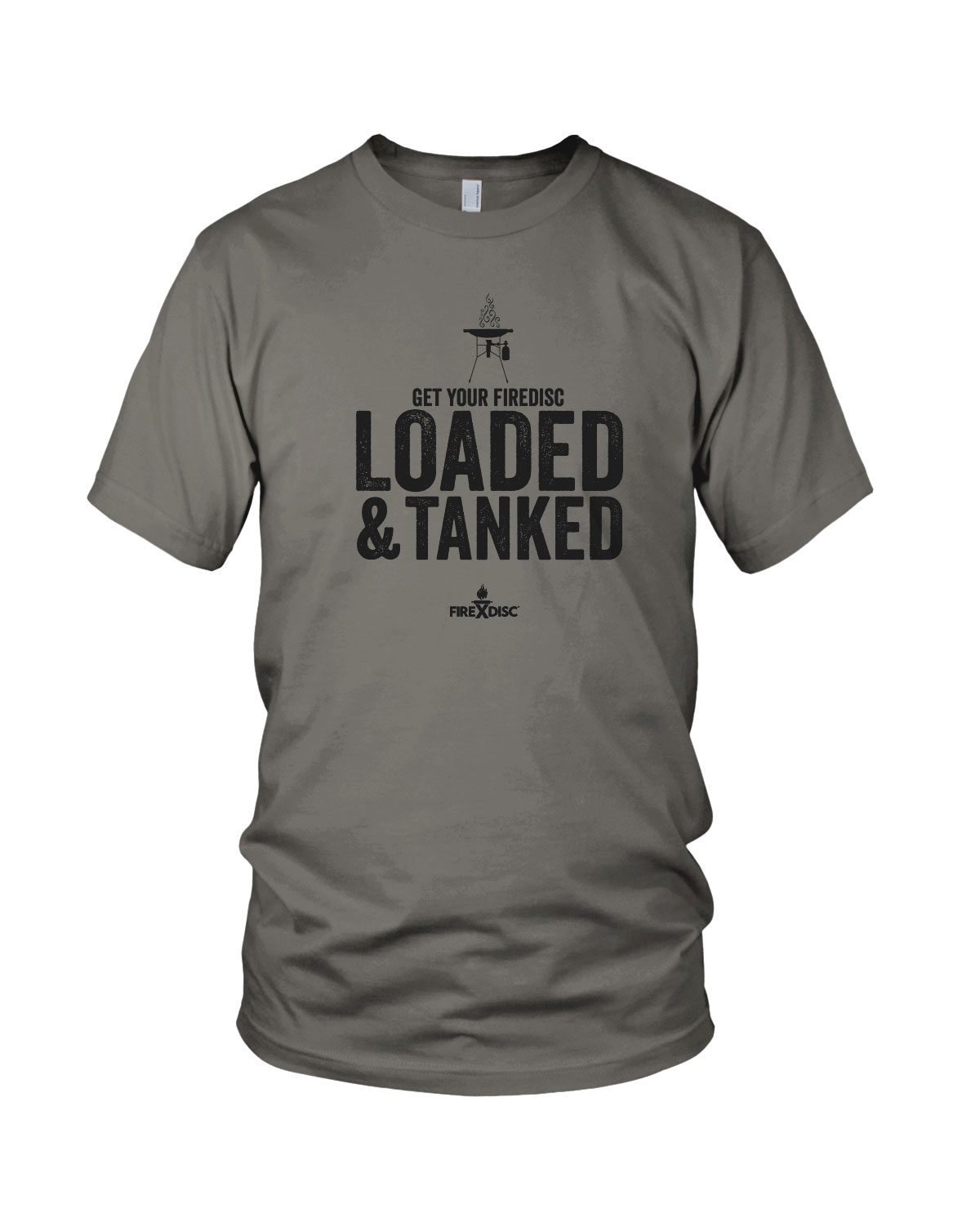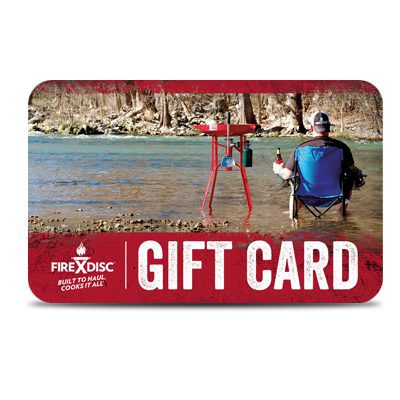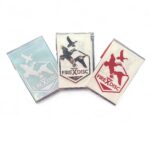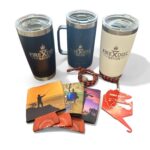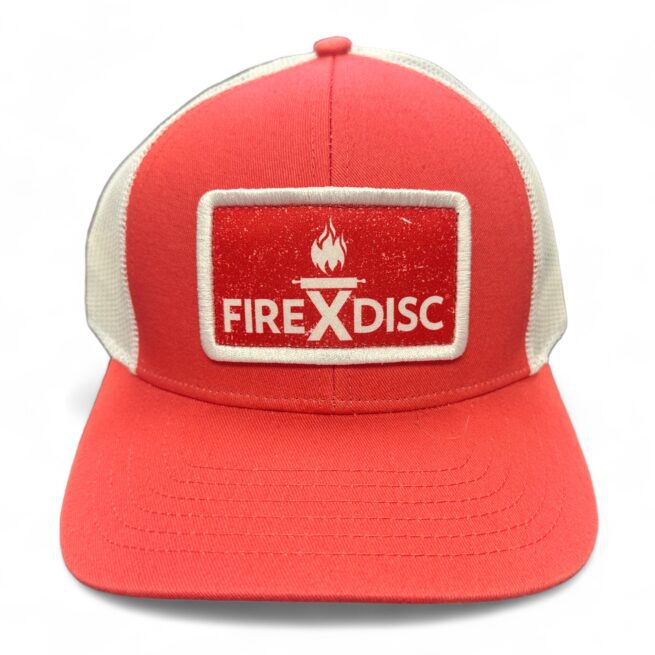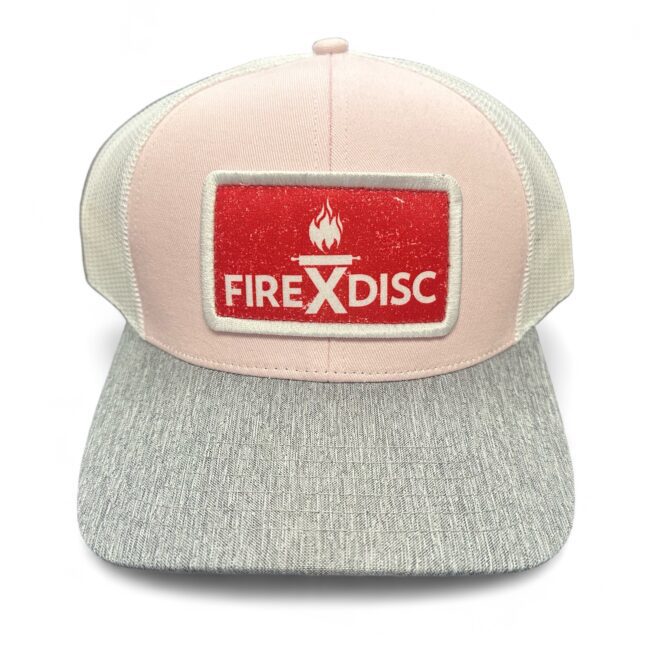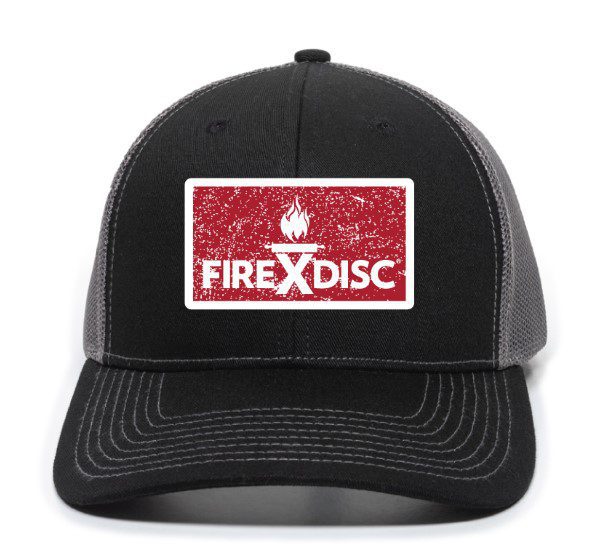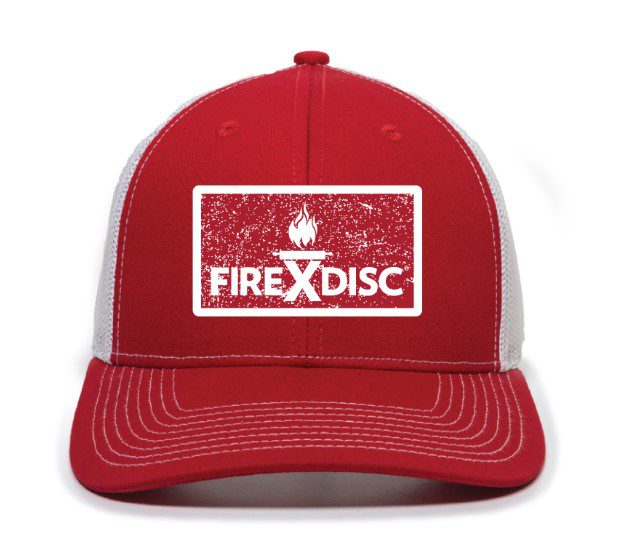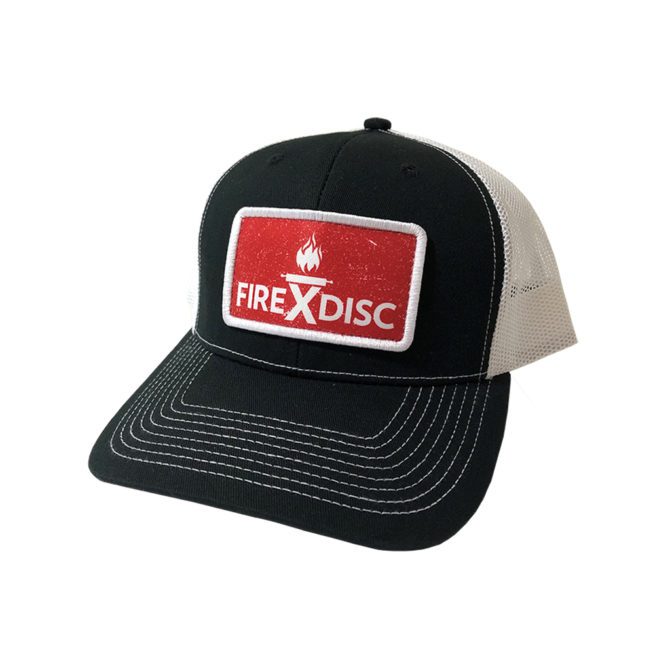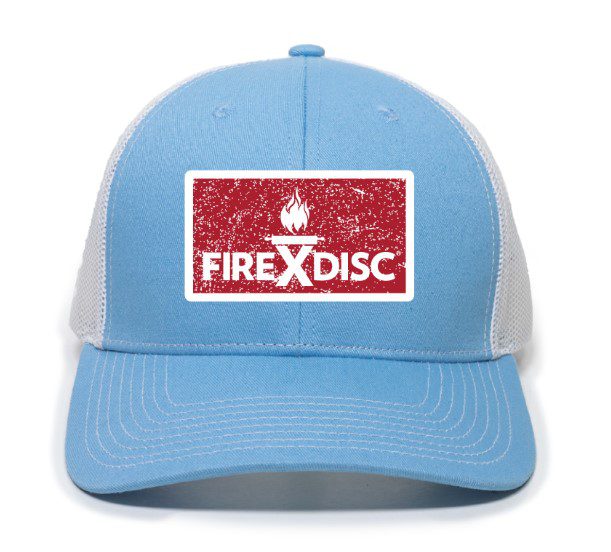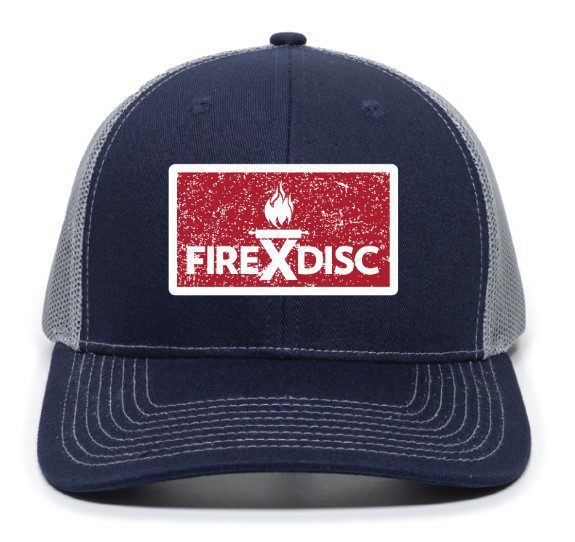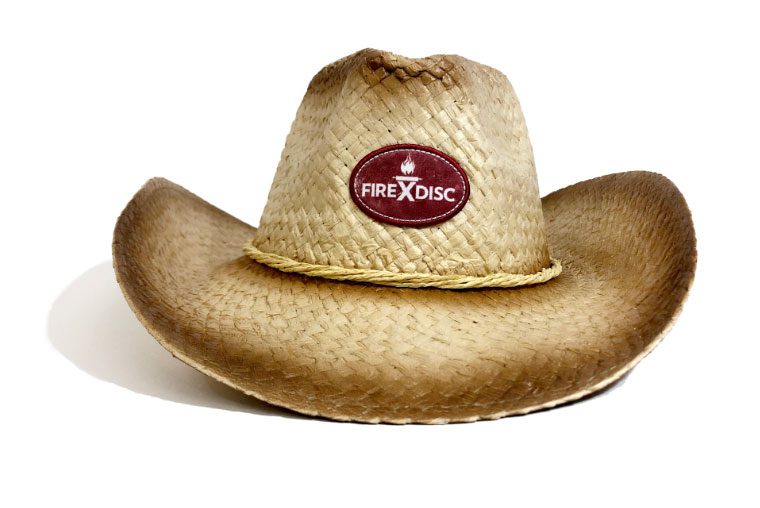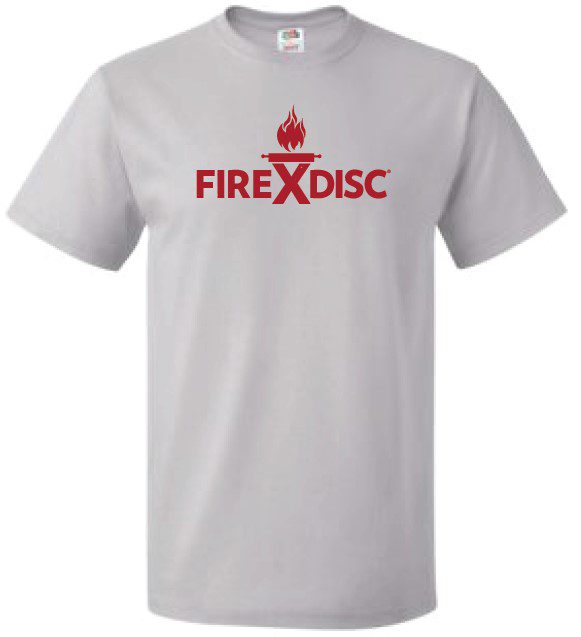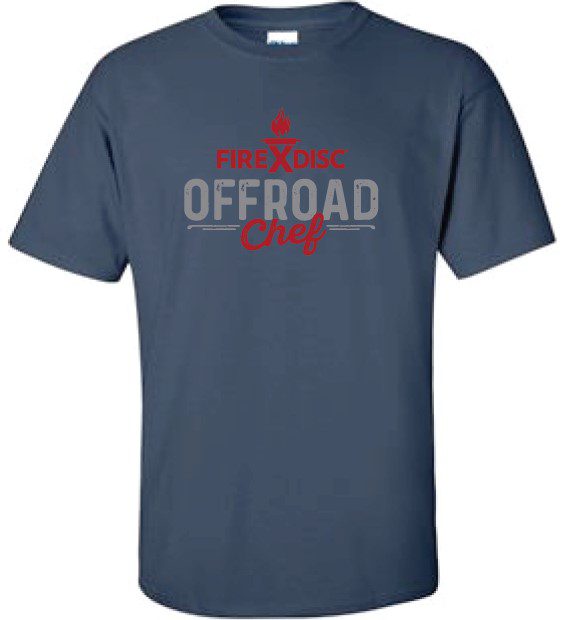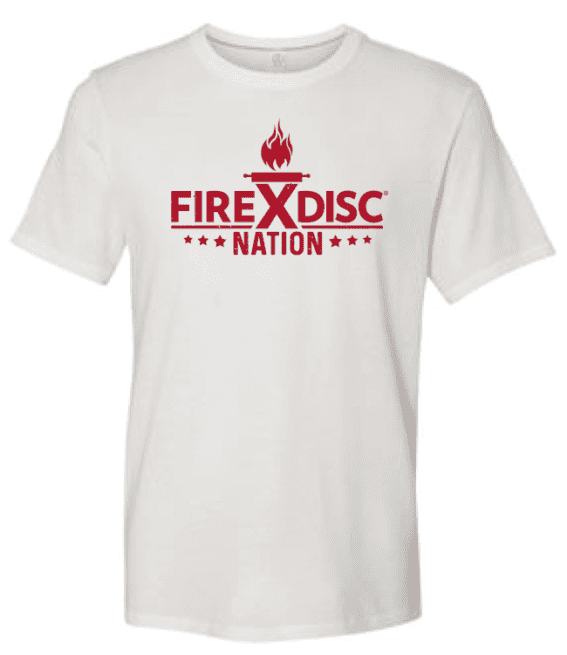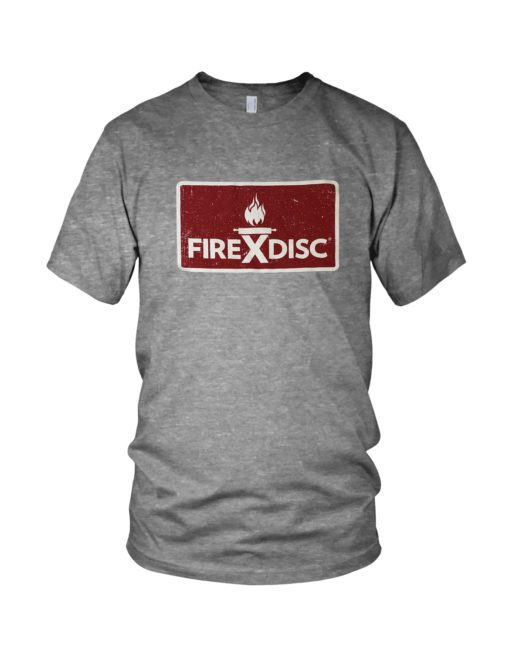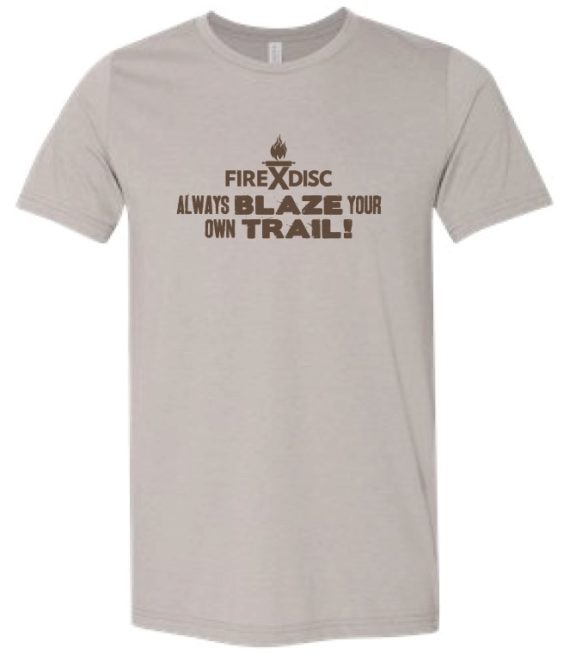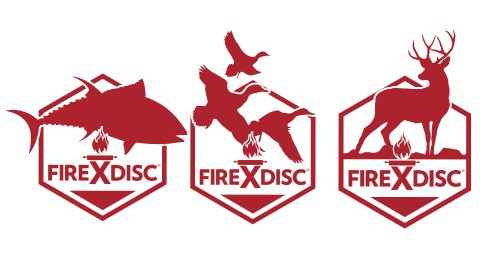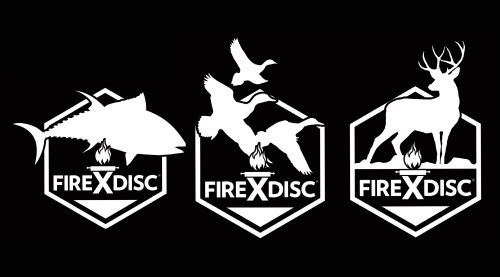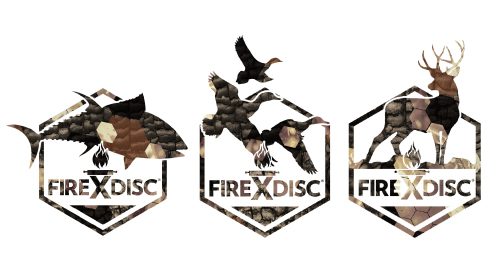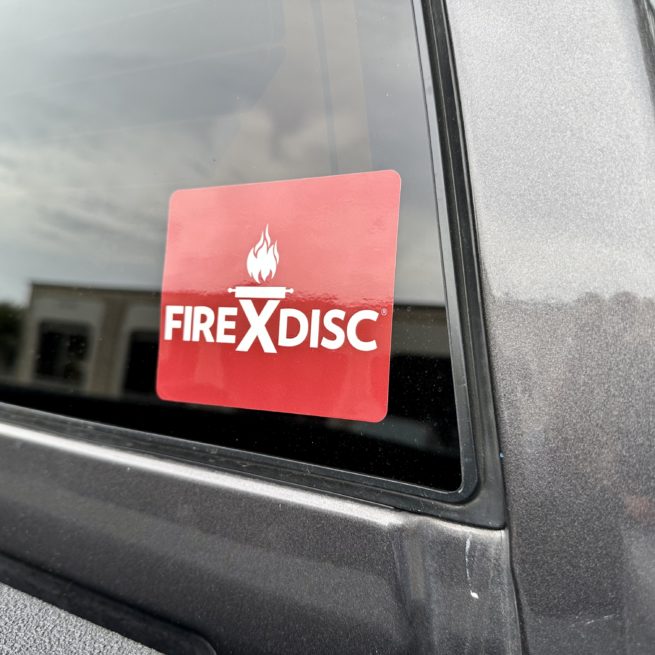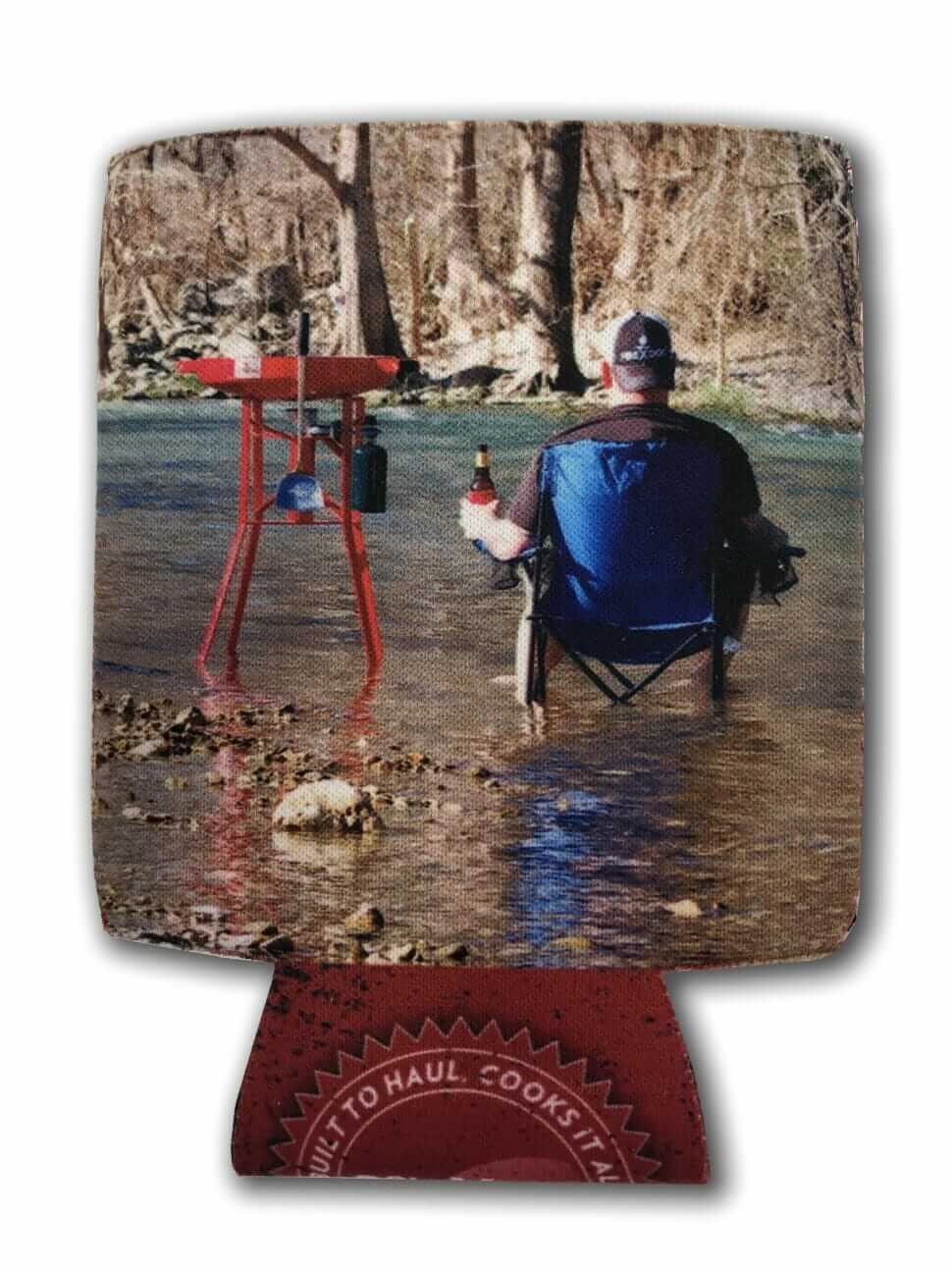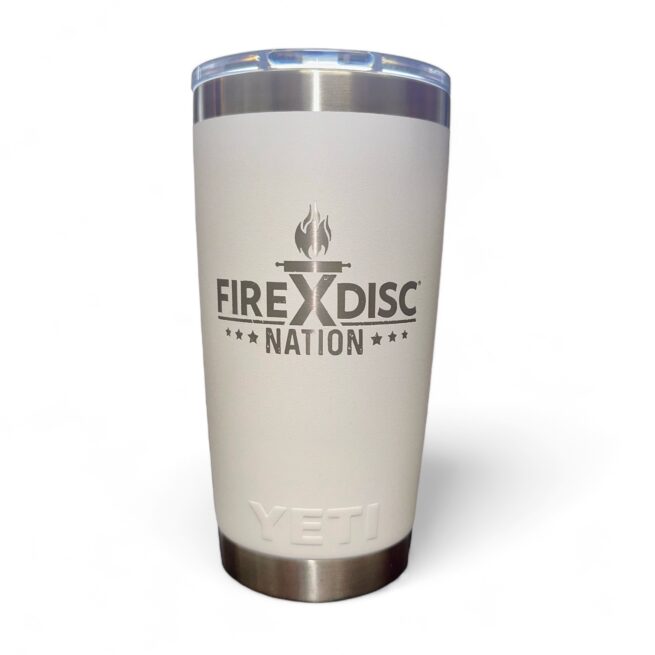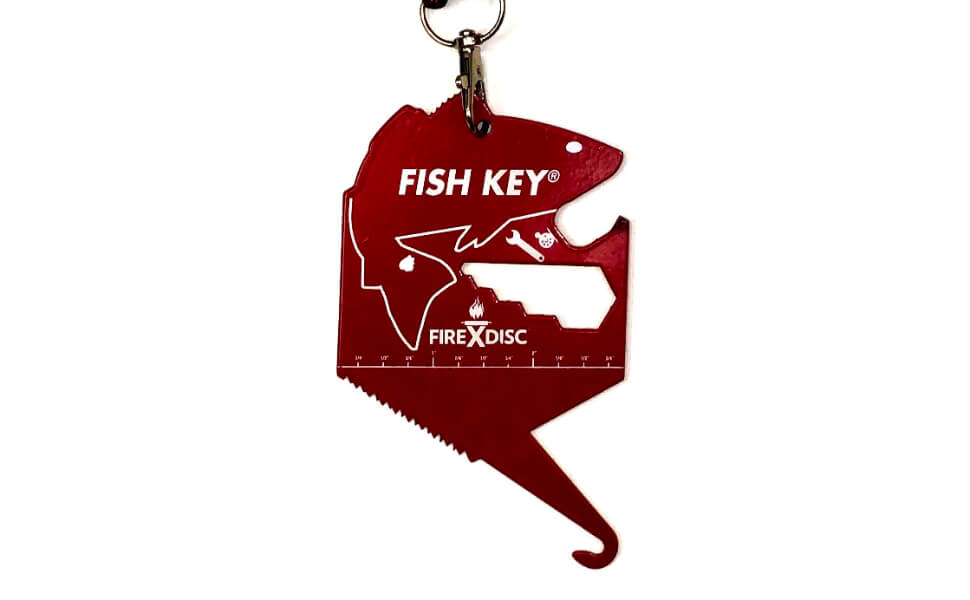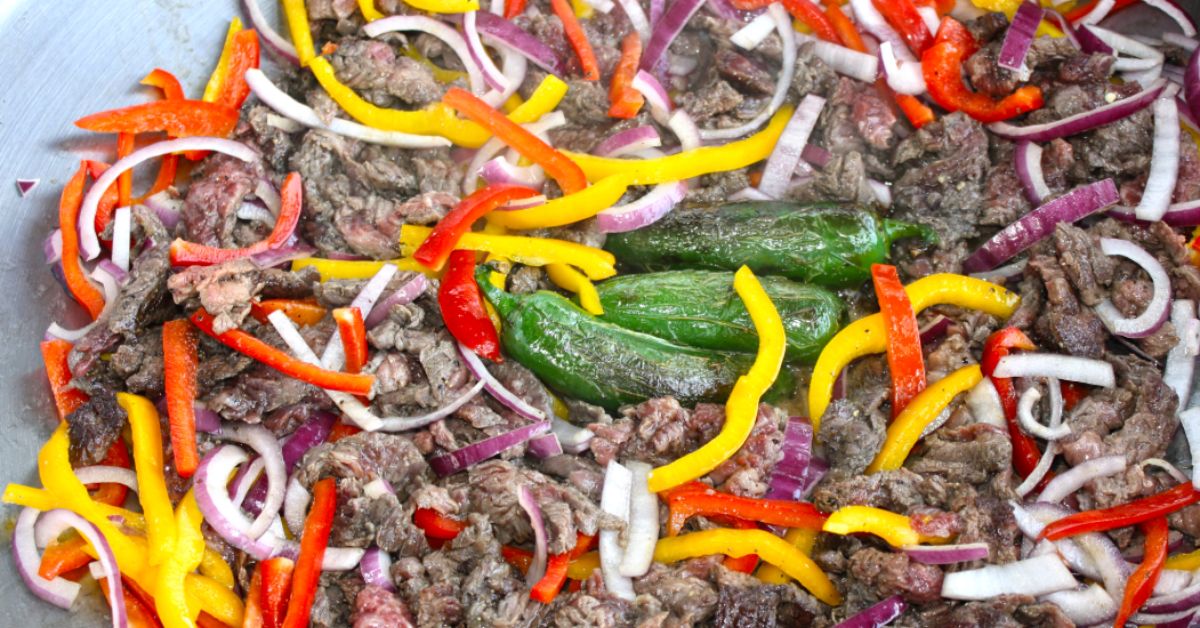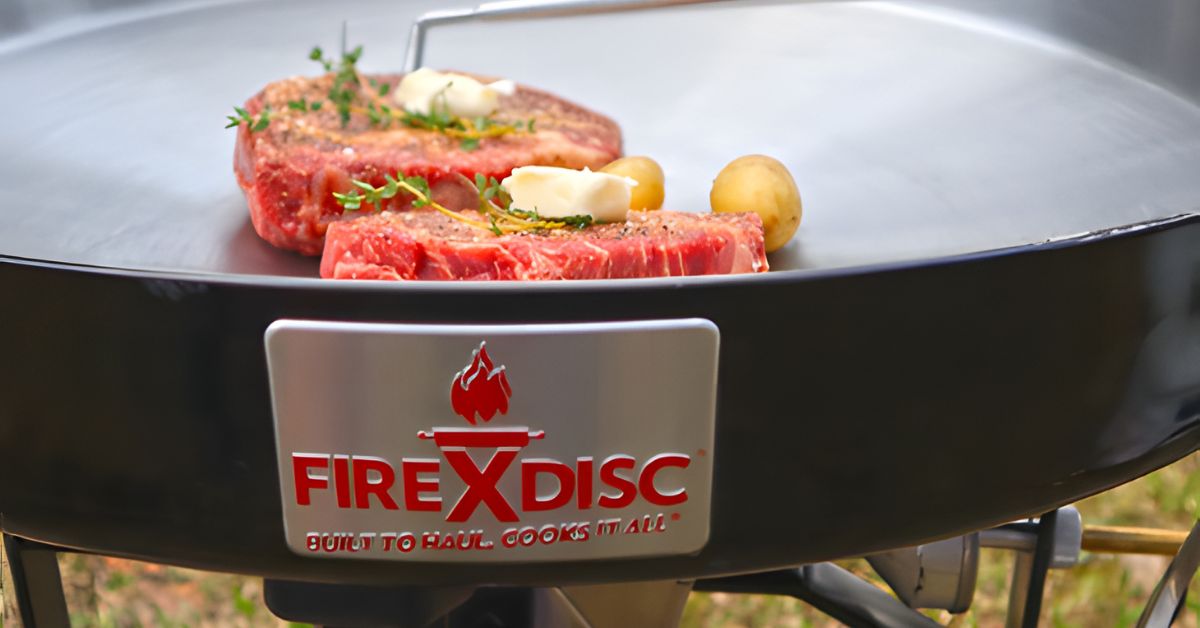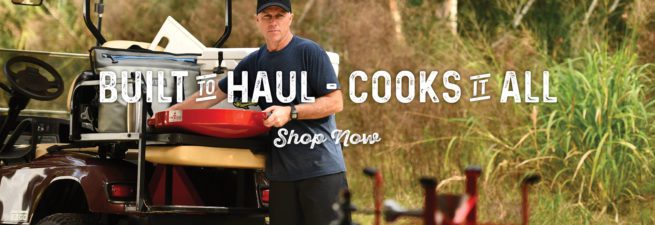Grilling isn’t just for warm weather and bright sunny days. In fact, your favorite grilled dishes can be extra satisfying in winter. The cold weather adds unique challenges, such as maintaining consistent heat, but you can overcome them with the right preparation. Use our list of do’s and don’ts for grilling in the winter to save time, stay safe, and get delicious results.
Do Preheat Your Grill Longer
Cold weather slows everything down, including the time it takes for your grill to heat up. Propane grills generally heat up faster than charcoal grills, but in the winter, your FireDisc may need more time to reach the right cooking temperature. Just give your grill an extra 5-10 minutes to preheat before putting any food on it.
Proper preheating ensures even heat distribution, preventing those dreaded cold spots on the grill. Without it, your food might cook unevenly, getting burnt in one spot and underdone in another. By giving your grill a head start, you’ll have a much easier time cooking your meal to perfection.
Don’t Grill Indoors or in Enclosed Spaces
When temperatures drop, it might be tempting to move your grill into a garage or under a covered patio. However, this is one temptation to resist. Grilling in enclosed spaces can produce dangerous levels of carbon monoxide, creating a serious safety risk.
Always grill in a well-ventilated outdoor area to ensure proper airflow. Even during windy or snowy conditions, safety should be your top priority.
Do Keep Your Grill Lid Closed
One of the golden rules of winter grilling is to keep your grill lid closed as much as possible. Every time you open the lid, precious heat escapes, forcing the grill to work harder to maintain its temperature.
The FireDisc’s FlatTop™ Lid tightly seals over the cooking disc to trap heat. Cooking with the lid locks in moisture and flavor, ensuring your dishes stay juicy and delicious. It helps maintain consistent cooking temperatures, delivering more evenly cooked results with minimal effort.
Don’t Use a Grill That’s Covered in Ice or Snow
Before you fire up your grill, take a few minutes to clear off ice or snow from its surface. Frozen grills and greasy cooking surfaces are not a safe or efficient combination. Additionally, icy surroundings can be slippery and increase the risk of accidents.
Shoveling, sweeping, or using a de-icing spray can make your grilling space much safer. It also ensures your grill heats evenly and doesn’t waste energy melting snow off its surfaces. A little preparation can go a long way in keeping your grilling enjoyable and worry-free.
Do Dress Warmly but Safely
When grilling outdoors in the winter, dress in layers to stay warm without feeling bulky or restricted. Start with a moisture-wicking base layer to keep sweat off your skin, followed by an insulating middle layer like fleece or wool for warmth. Depending on the temperature and moisture, you can top it off with a lightweight, weather-resistant jacket to shield you from wind and snow while allowing you to move freely around the grill.
Choose sturdy, insulated footwear with good traction to prevent slips on icy or snowy surfaces. Avoid wearing scarves, loose sleeves, or clothing with dangling cords, as they could catch fire or get in the way while you’re cooking. Instead, opt for snug but comfortable clothing.
Don’t Forget to Monitor Propane Levels
Paying attention to your grill’s propane levels is an essential rule in any weather, but it can be trickier when you’re grilling in the winter. Colder temperatures can increase propane consumption, so keep an eye on your fuel levels. Nothing’s worse than running out of propane halfway through grilling a perfectly seasoned steak.
Chilly weather can cause liquid propane to contract, which decreases the pressure inside the tank. This drop in pressure may result in the gauge displaying less propane than you actually have. Still, if you’re unsure if you have enough propane, keep an extra tank on hand.
Do Use a Meat Thermometer
Winter’s cold air can unexpectedly alter cooking times, so don’t rely on appearance alone to check if your food is ready. Invest in a trusty meat thermometer to ensure your steaks, chicken, or fish reach the correct internal temperature. This small tool is essential for serving safe and perfectly cooked meals.
Whether you need to cook poultry to an internal temperature of 165°F or a medium-rare steak to 135°F, a thermometer removes the guesswork. It also comes in handy when cooking thicker meats that take longer.
Don’t Leave the Grill Unattended
Cooking outdoors in winter often means unpredictable weather. Sudden snowfall or gusts of wind can quickly ruin your dinner or create a fire hazard. Stay near your grill and monitor it to ensure it remains at the correct temperature and operates smoothly.
Even quick trips inside to grab a drink or extra side dish can result in overcooked food or unexpected mishaps. Before you begin grilling, set up your area with all the tools and ingredients you’ll need. Arrange your utensils, such as tongs, a spatula, and a meat thermometer, within easy reach to avoid scrambling while cooking. Grilling utensils made for the FireDisc have convenient hooks so you can attach them to the disc.
Do Keep Your Grill Clean
Grease, food debris, and grime build up faster during winter due to the cold, making your grill harder to use. Cleaning your grill before and after every session keeps it in prime condition. This ensures it reaches the desired temperature faster and operates more efficiently.
To wipe the FireDisc clean after grilling, remove solid debris with a spatula or scraper. Use a wet dishcloth or paper towel to wipe the surface, then dry it with a clean cloth and allow it to air dry. Avoid using soap unless it’s the first wash. Then, season the FireDisc after every use with your oil of choice.
Don’t Ignore the Wind’s Direction
Wind during winter grilling isn’t just a nuisance—it can interfere with your grill’s temperature and even blow out the flame. Take time to position your grill strategically, shielding it from gusts. Knowing the wind’s direction helps stabilize heat distribution and protects you from a frustrating cooking experience.
For added protection, consider using the FireDisc Wind Helmet, one of many practical grilling accessories made for this propane grill. It blocks gusts to shield the grill’s flame and maintain an even heat transfer, allowing you to reach and sustain ideal cooking temperatures with ease. Simple to use, it requires no installation—just set it in place and enjoy flawless outdoor cooking.
Winter grilling can be both enjoyable and rewarding with the right approach. By preheating your grill properly, dressing safely, and using a meat thermometer, you’ll overcome the challenges of cold-weather cooking. Focus on safety by avoiding enclosed spaces, monitoring propane levels, and managing wind effectively. With these tips in mind, you’re ready to create delicious, perfectly cooked dishes even in the chilliest conditions.
